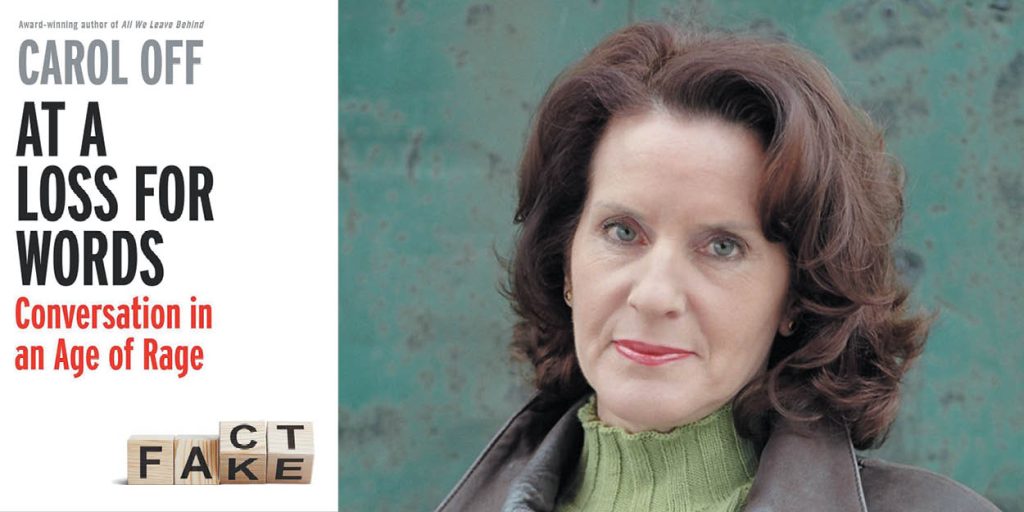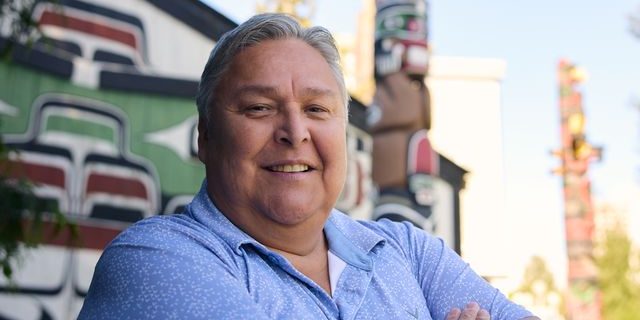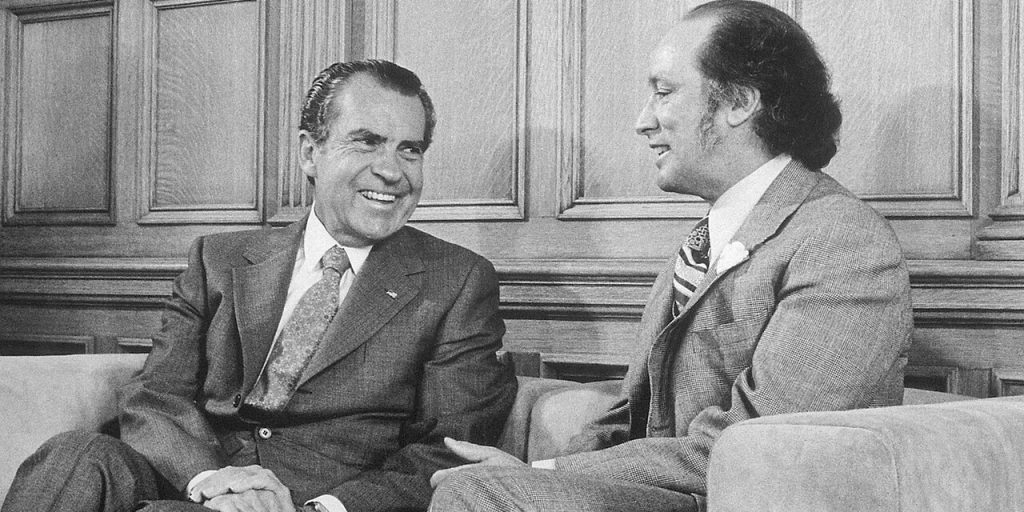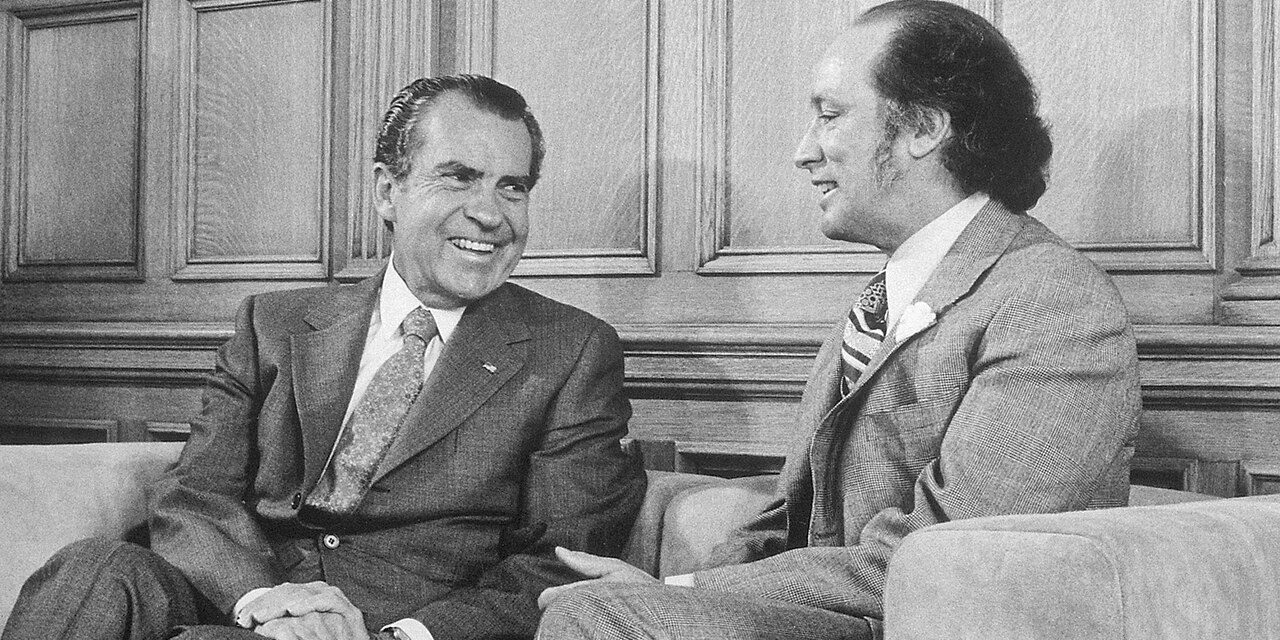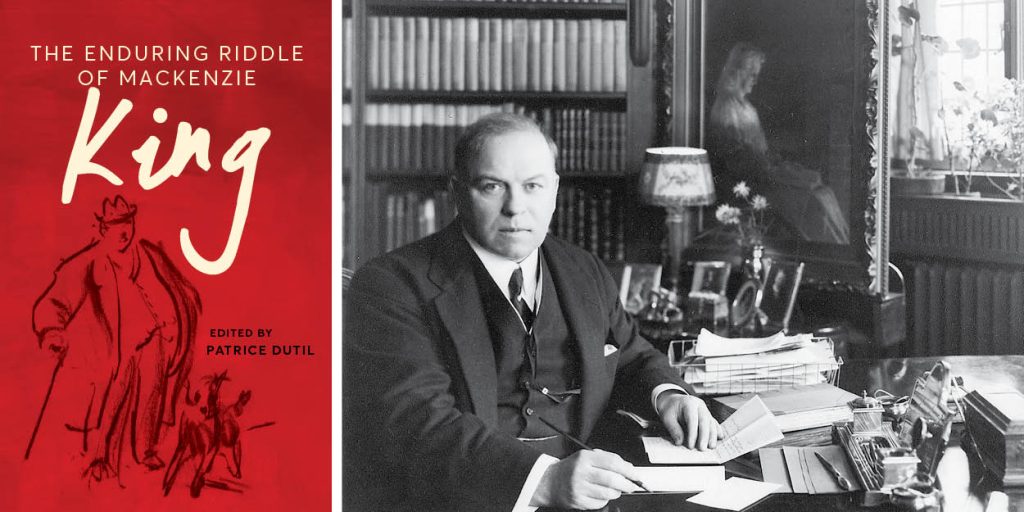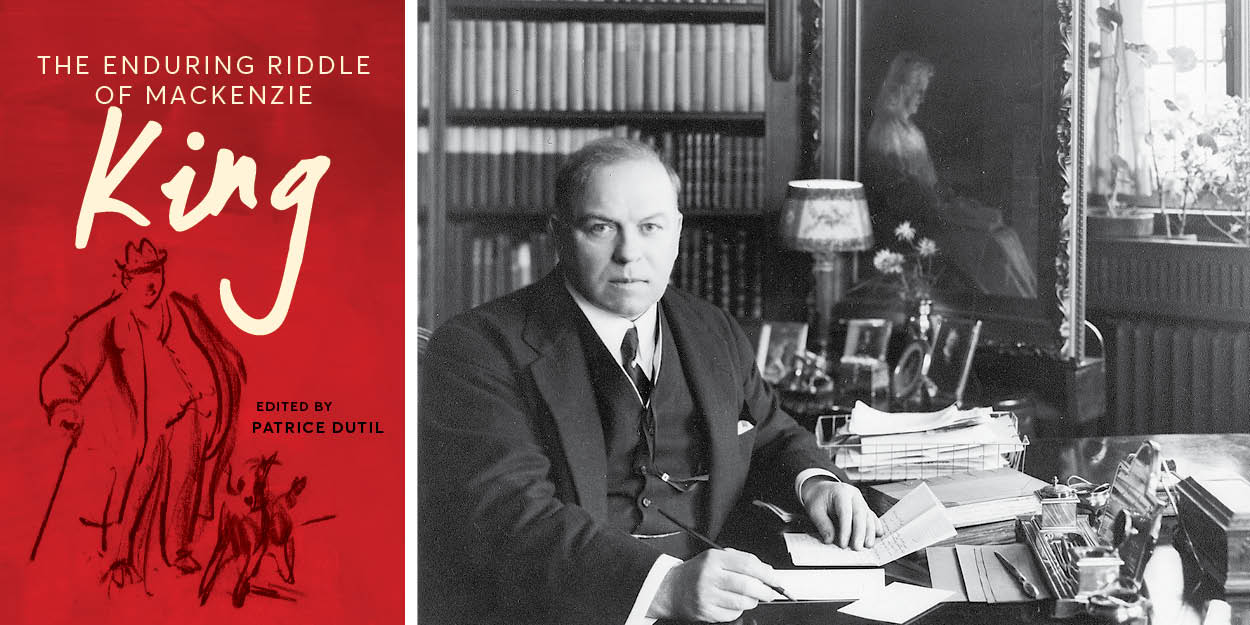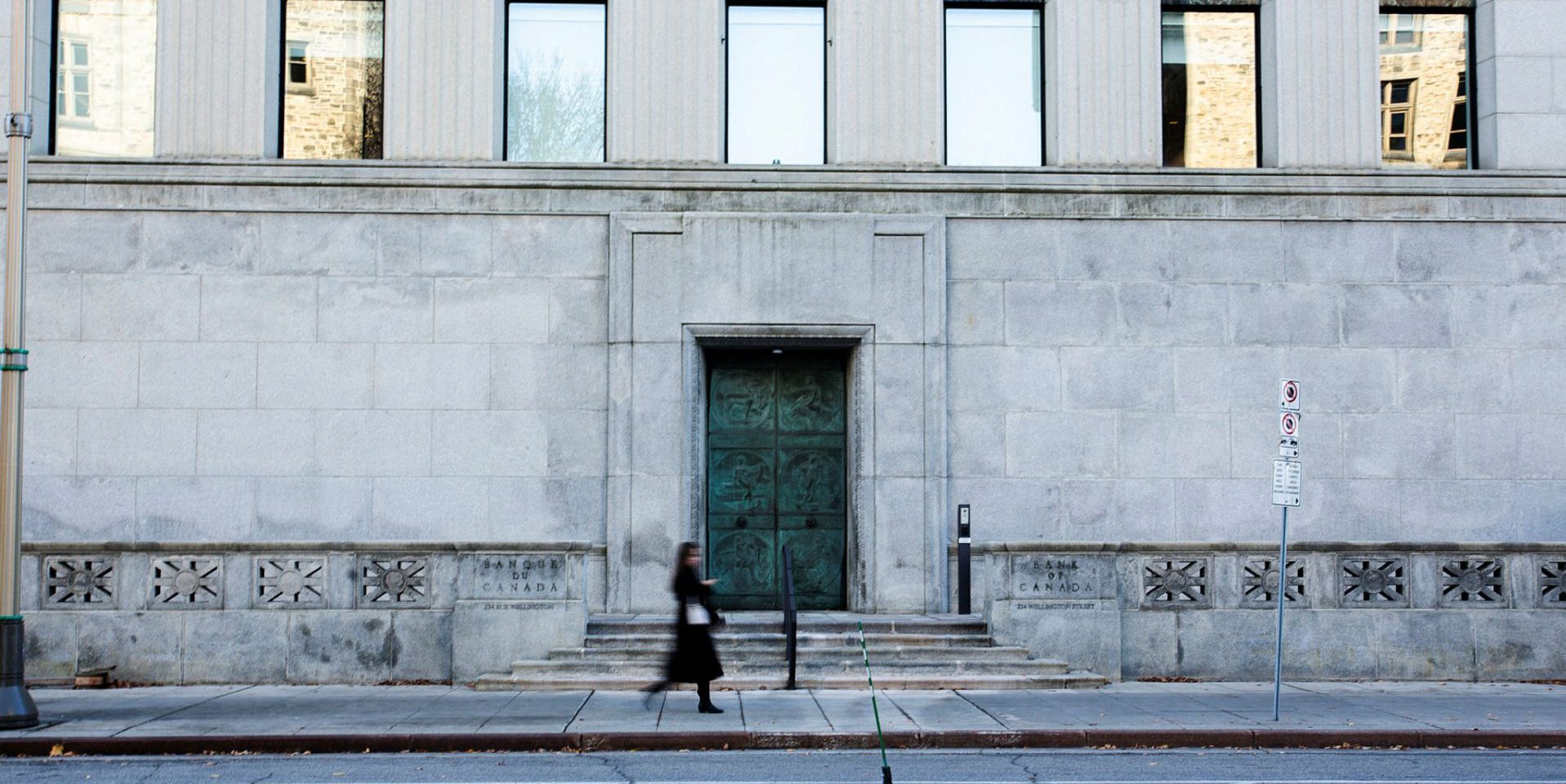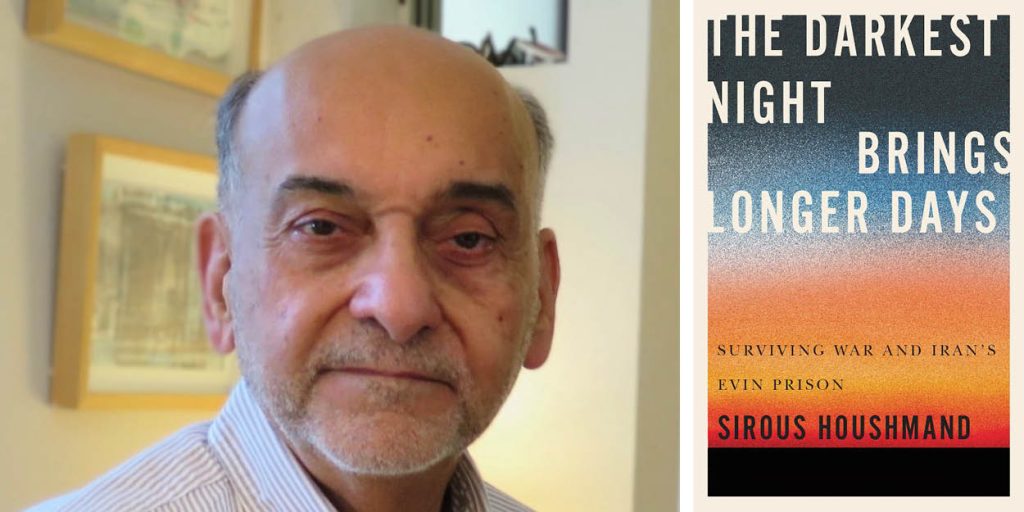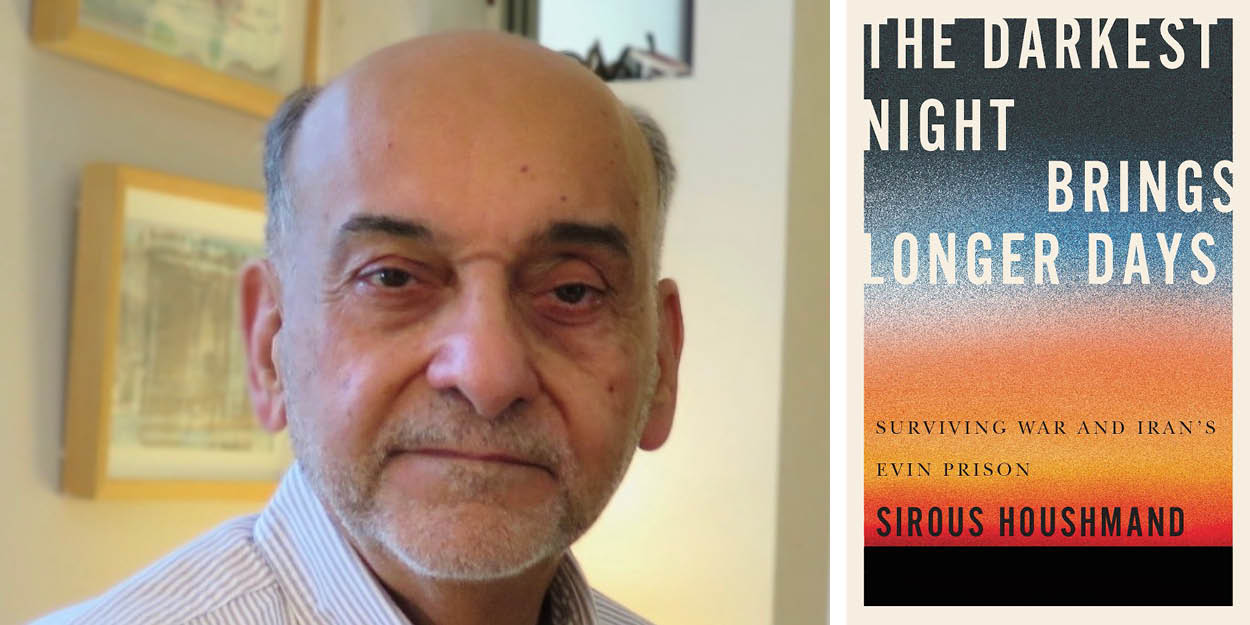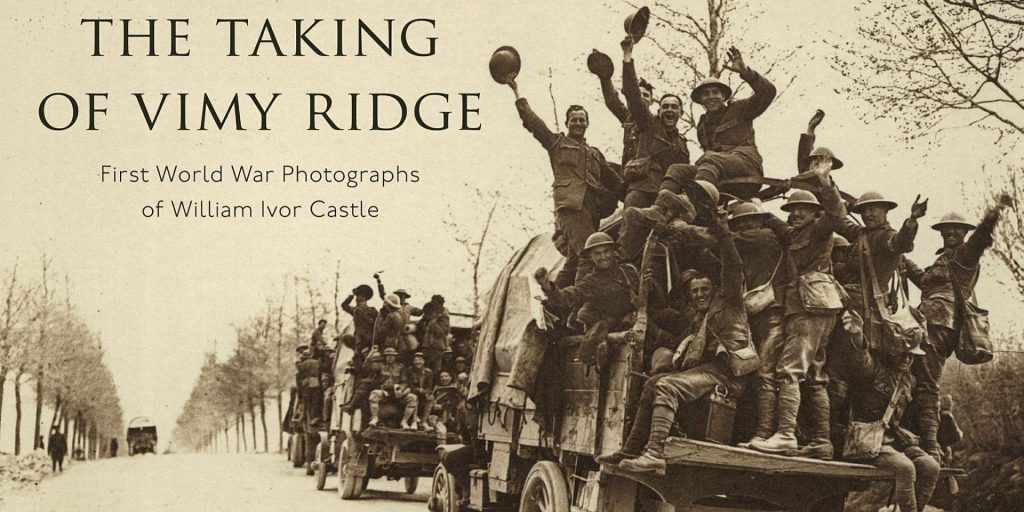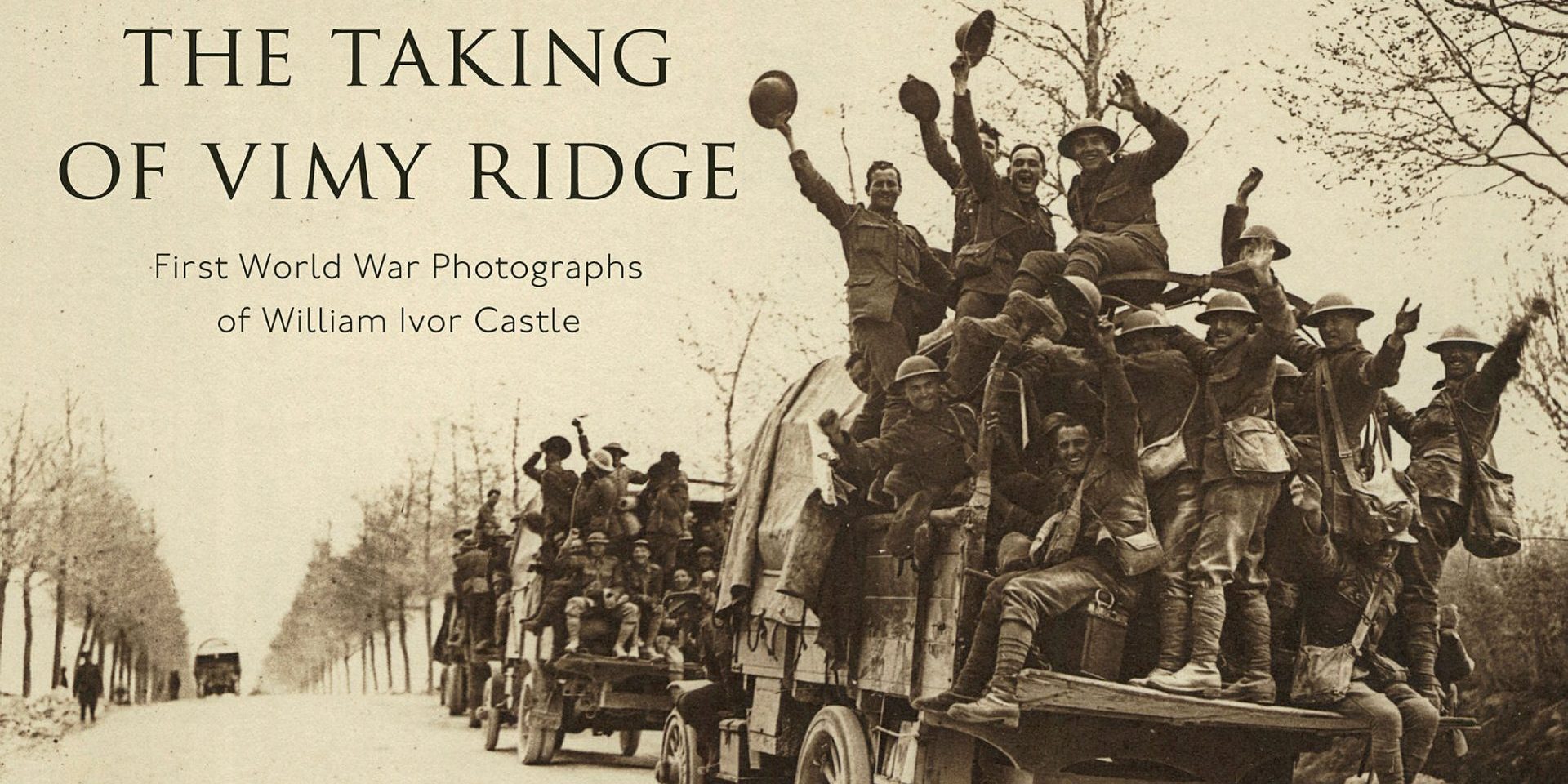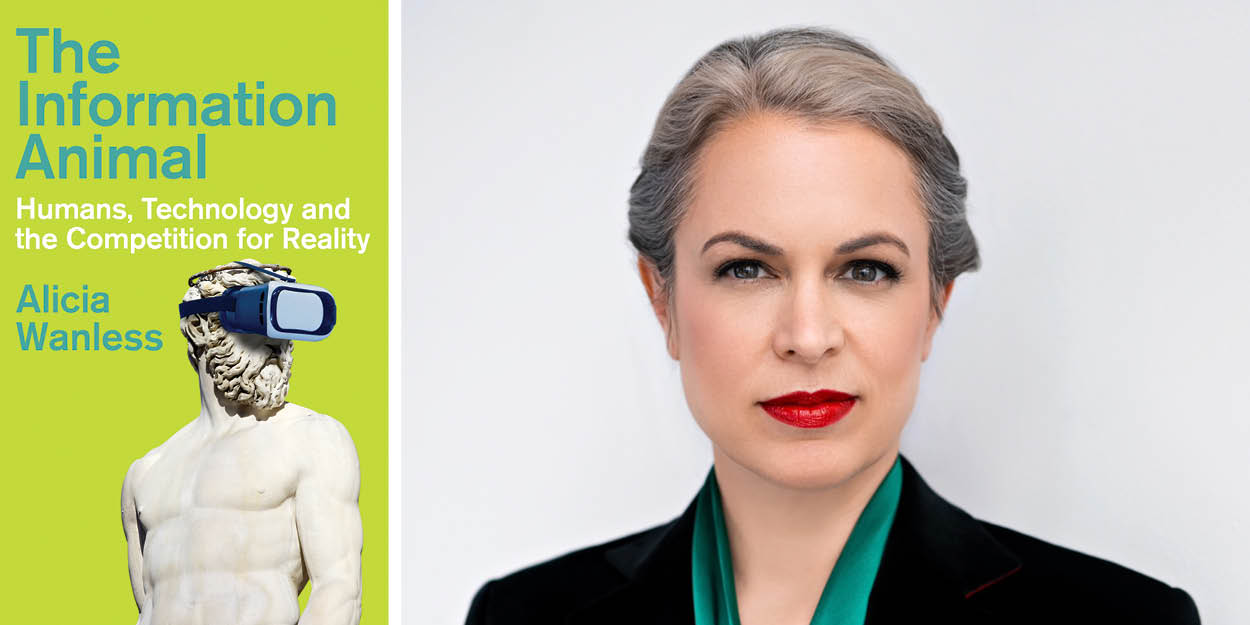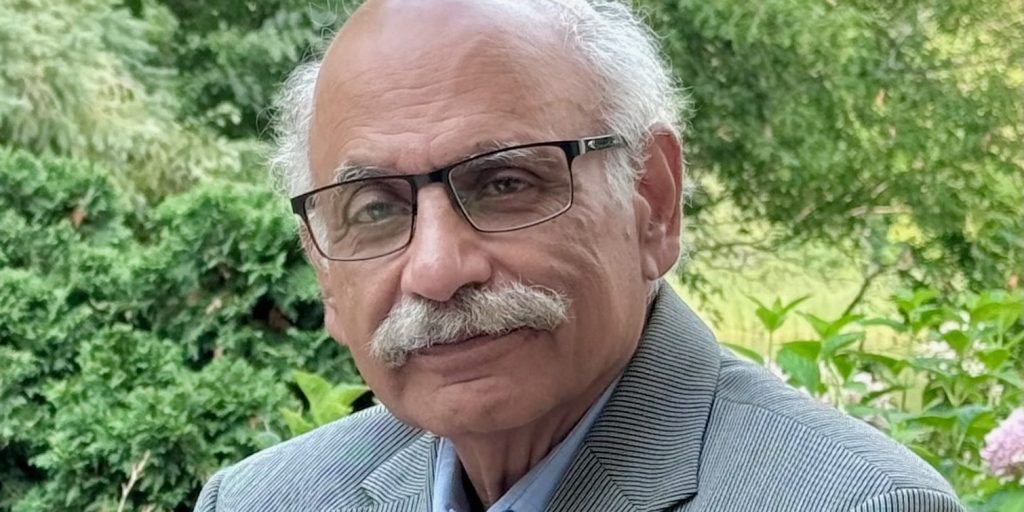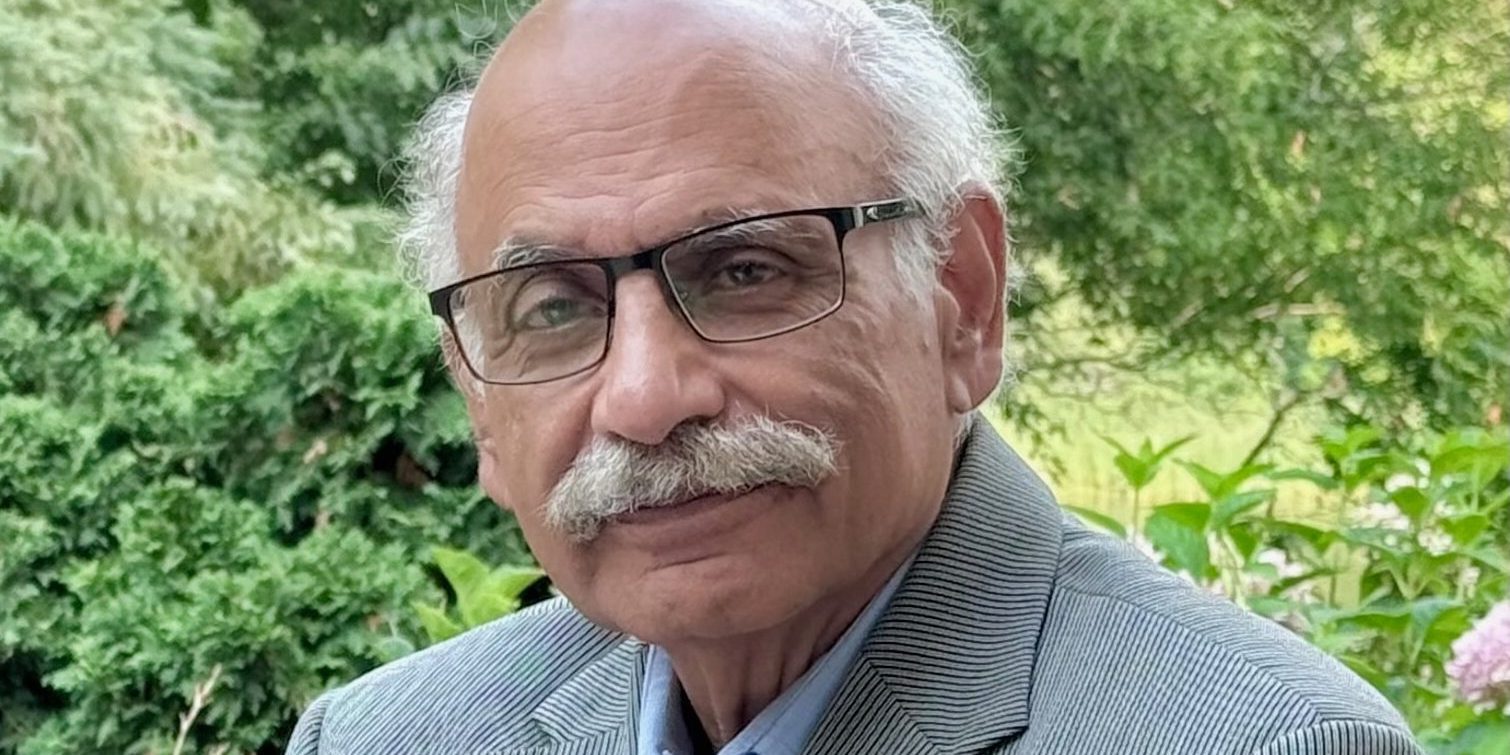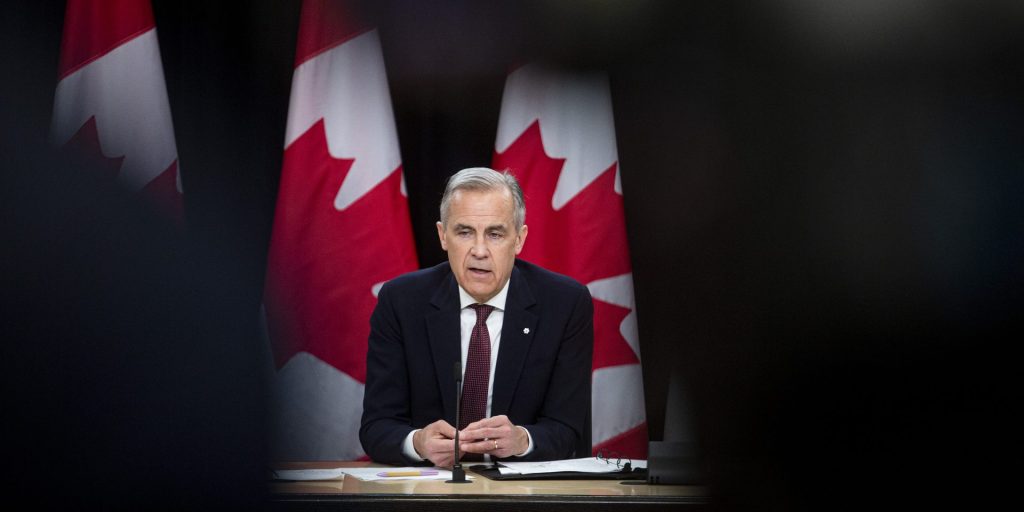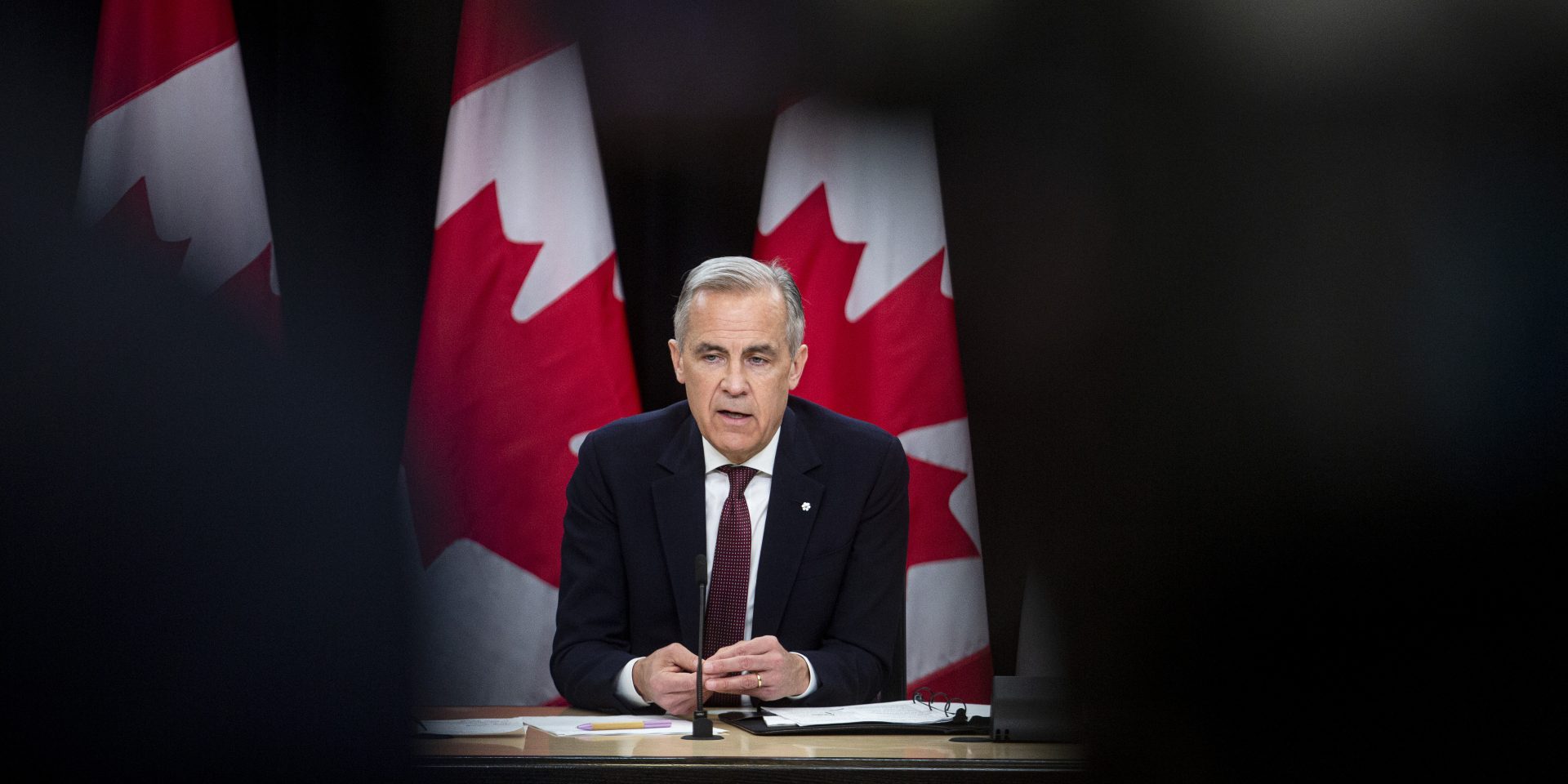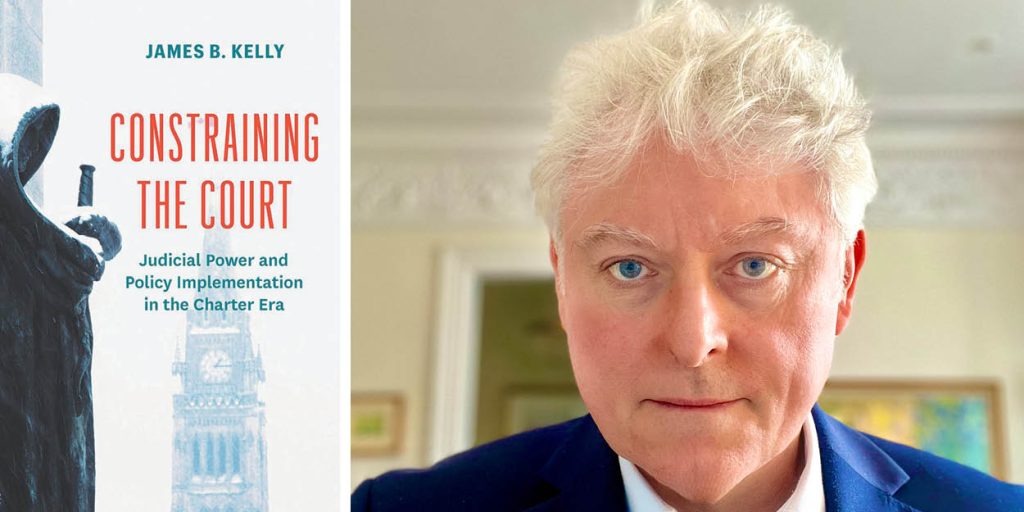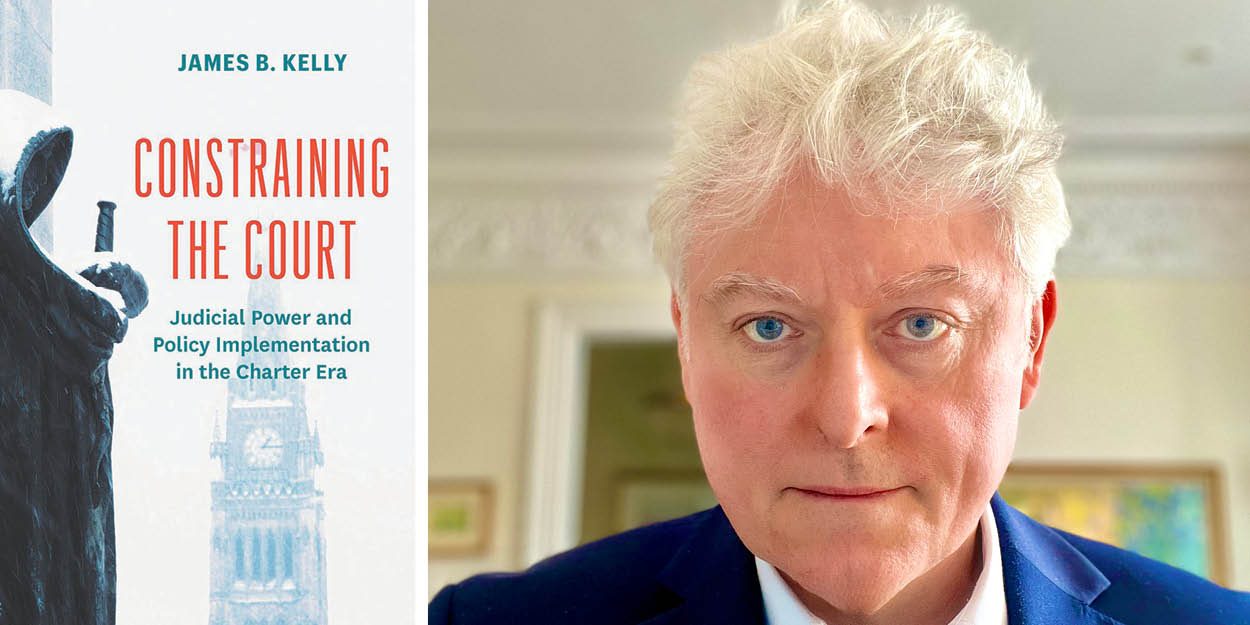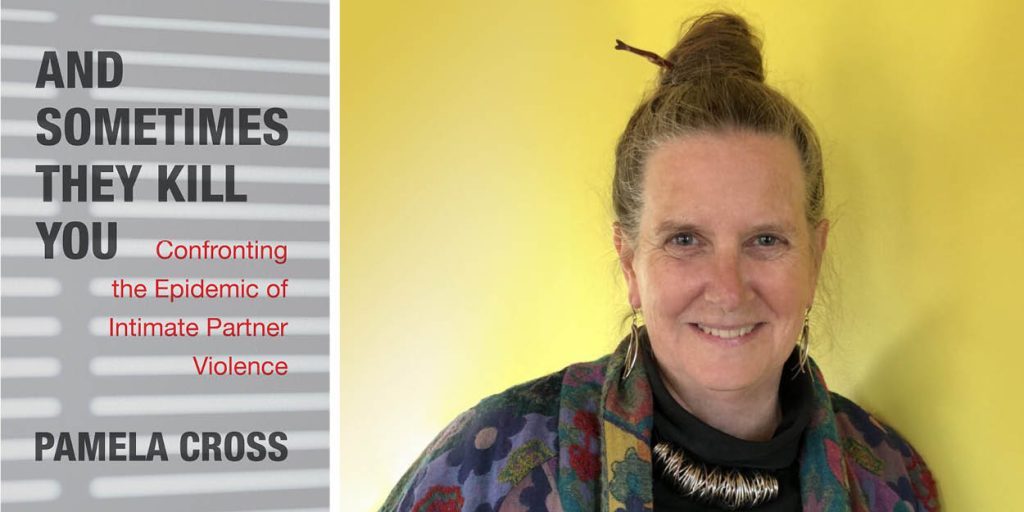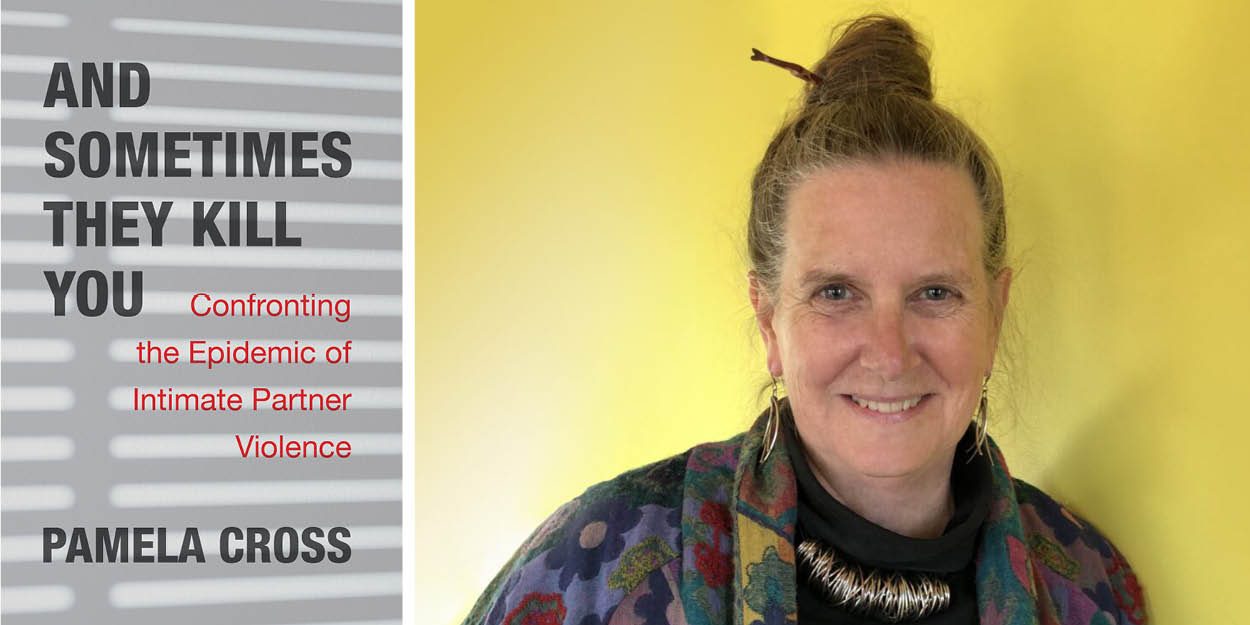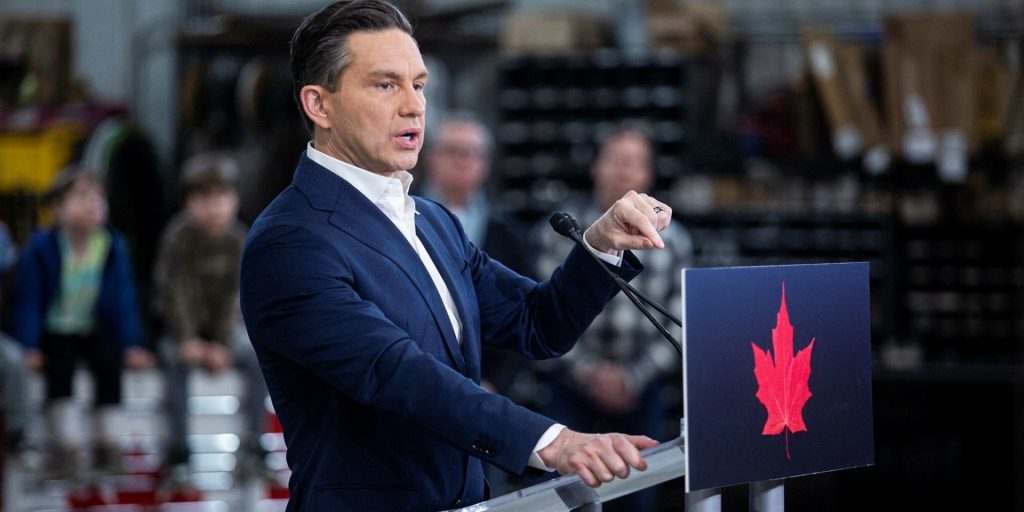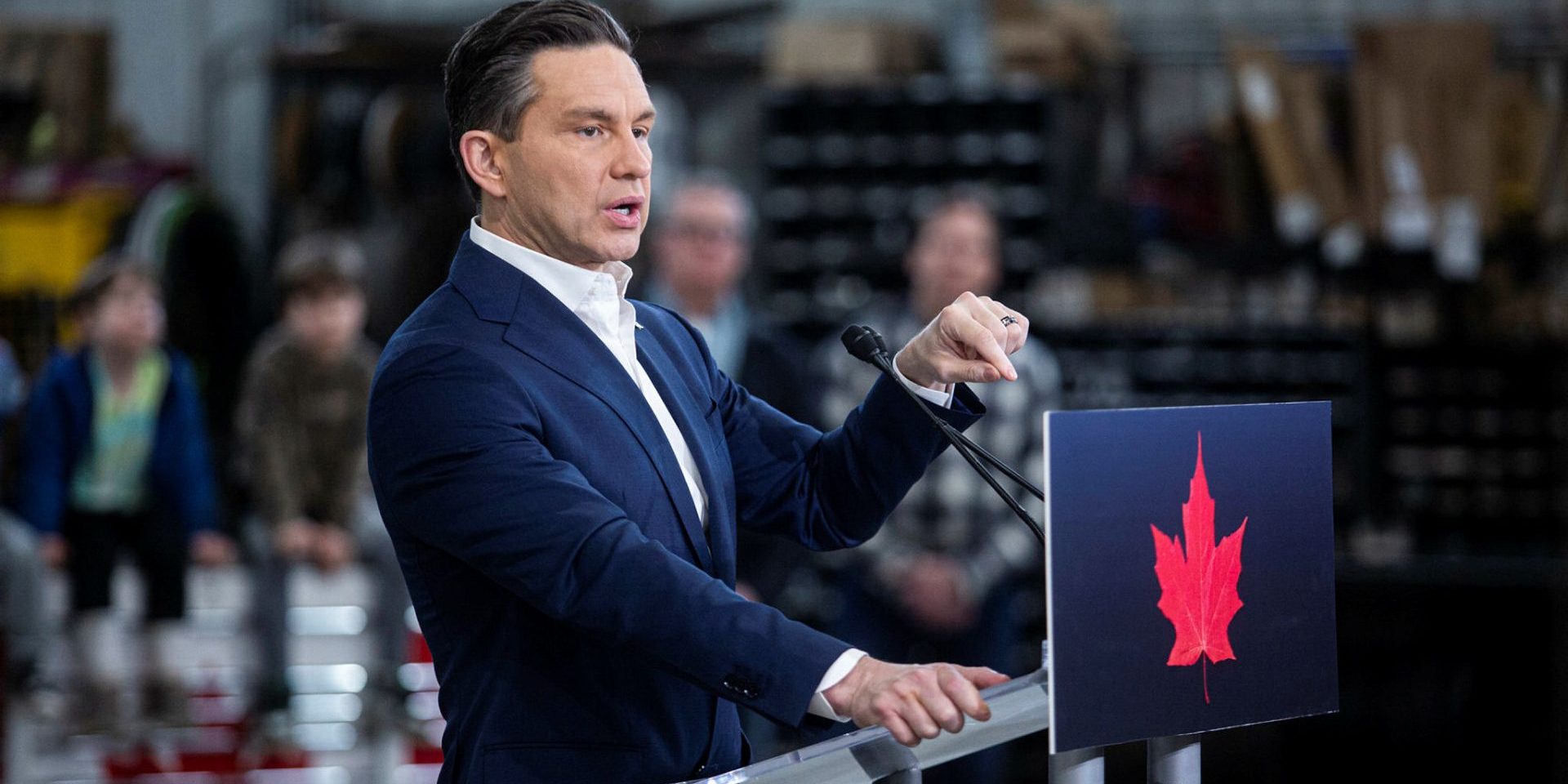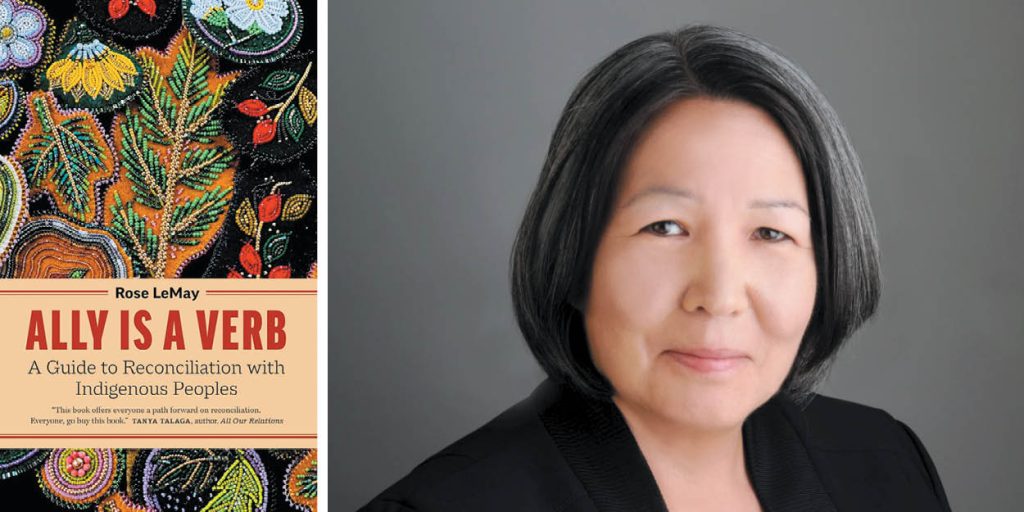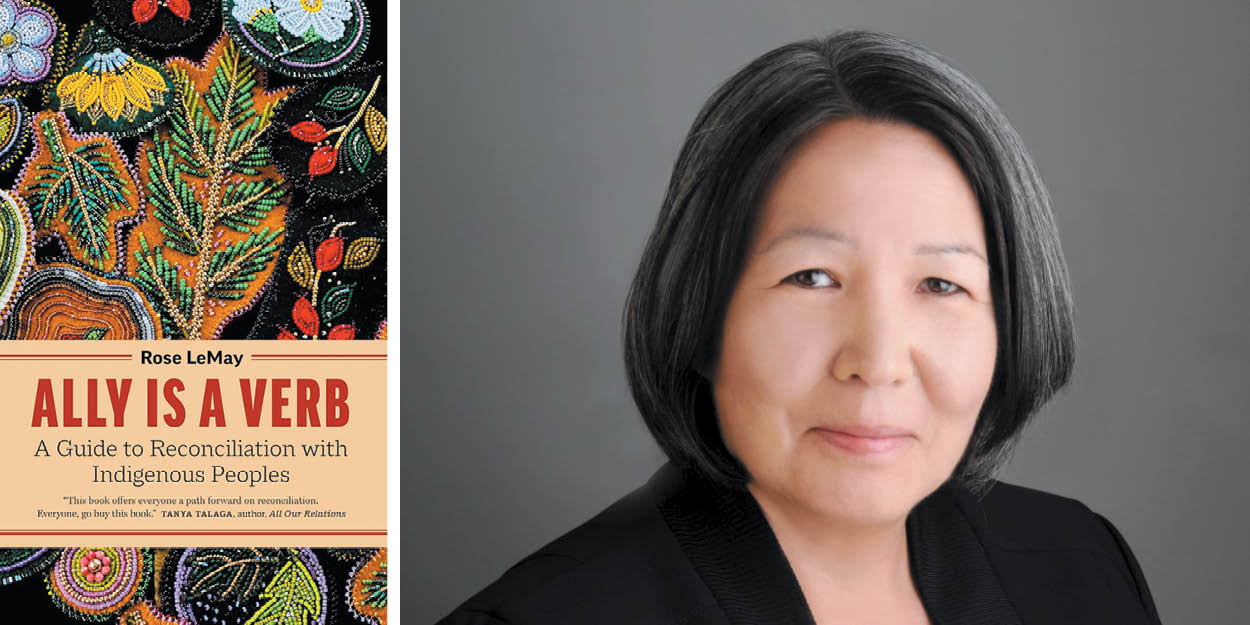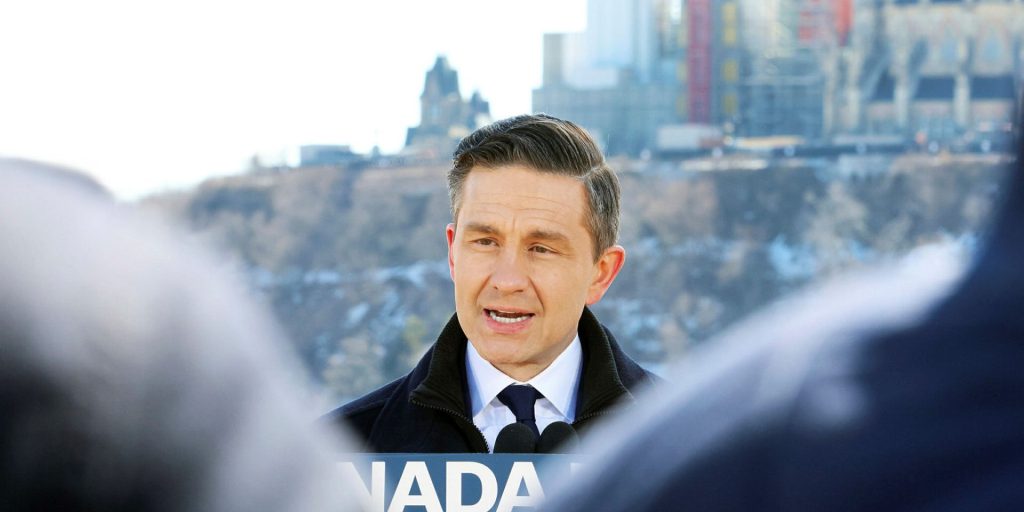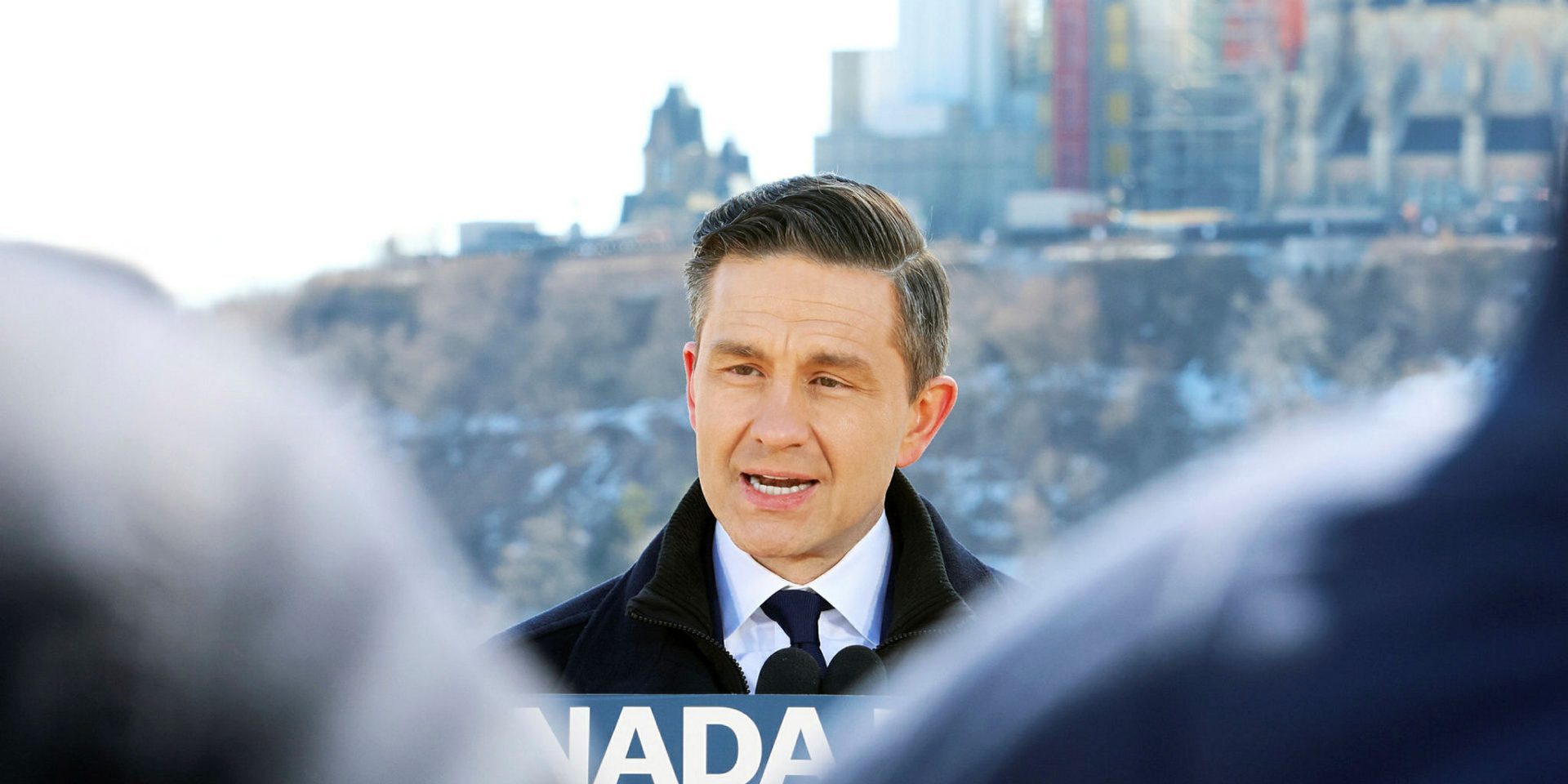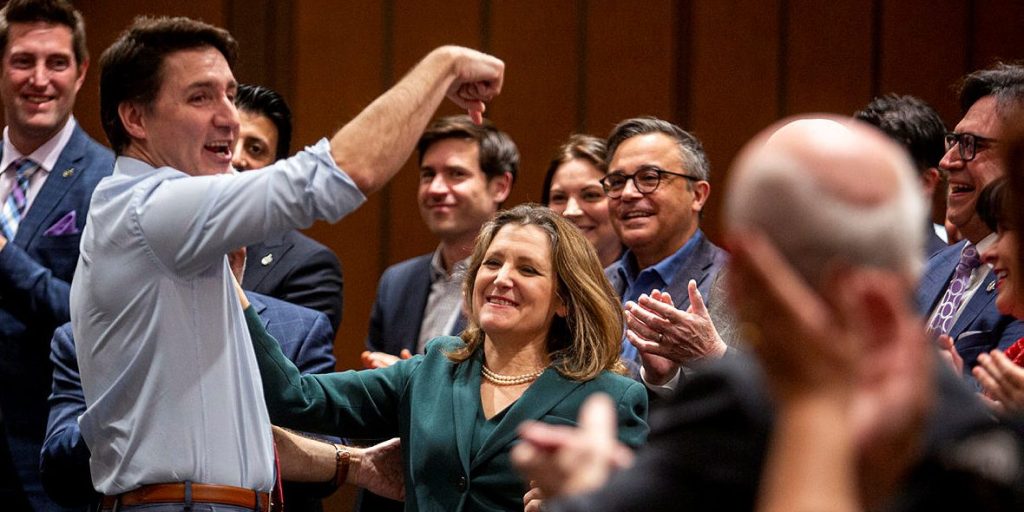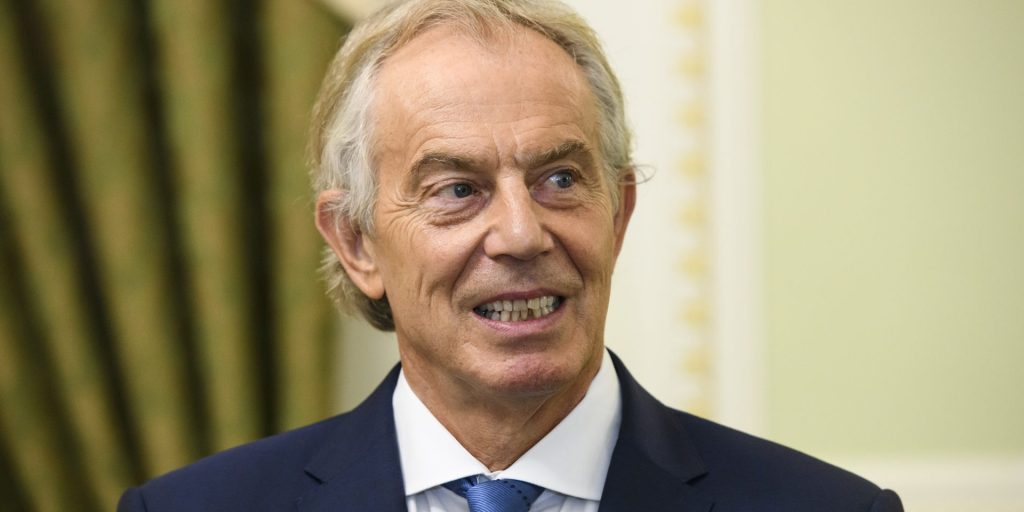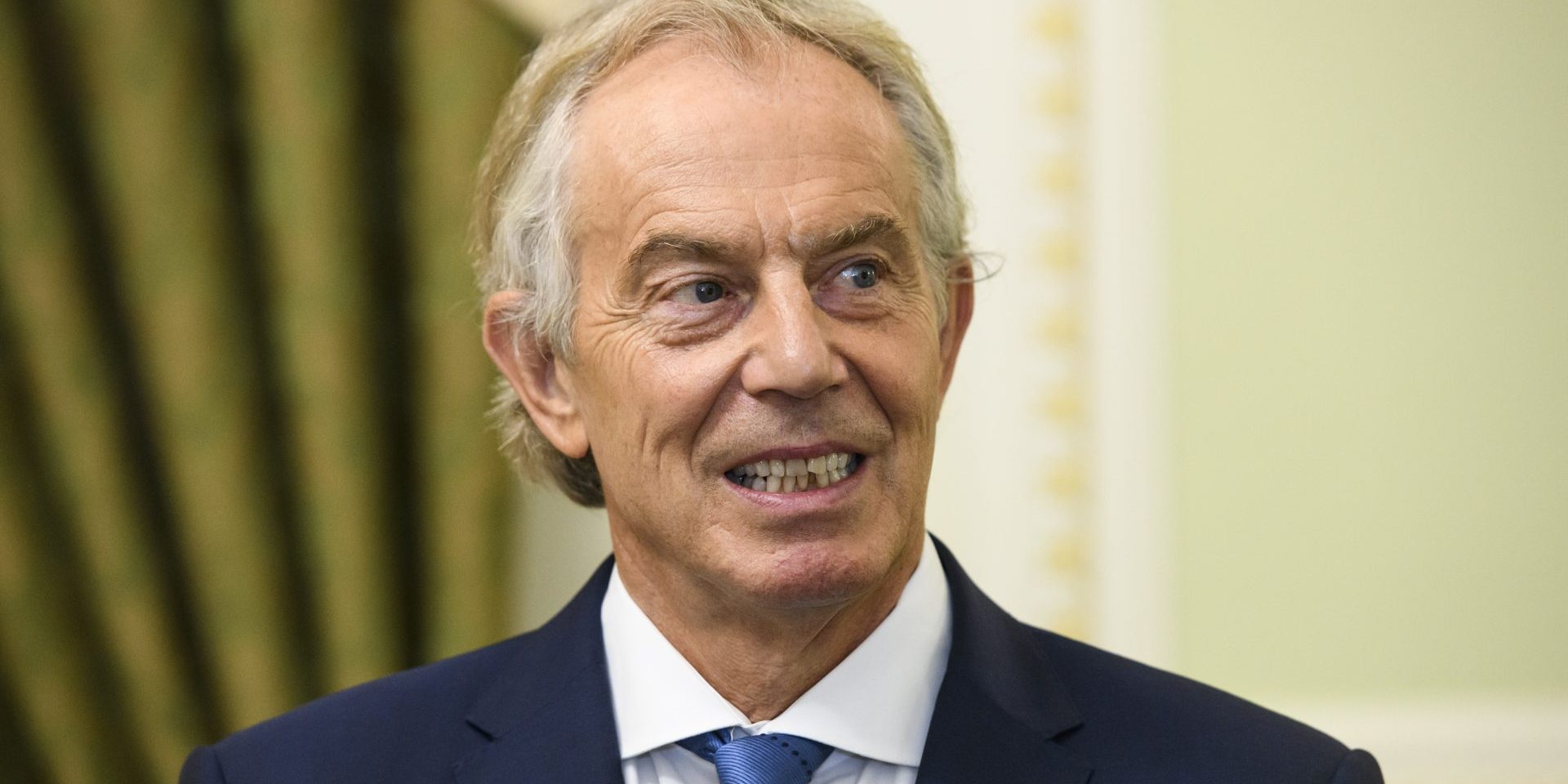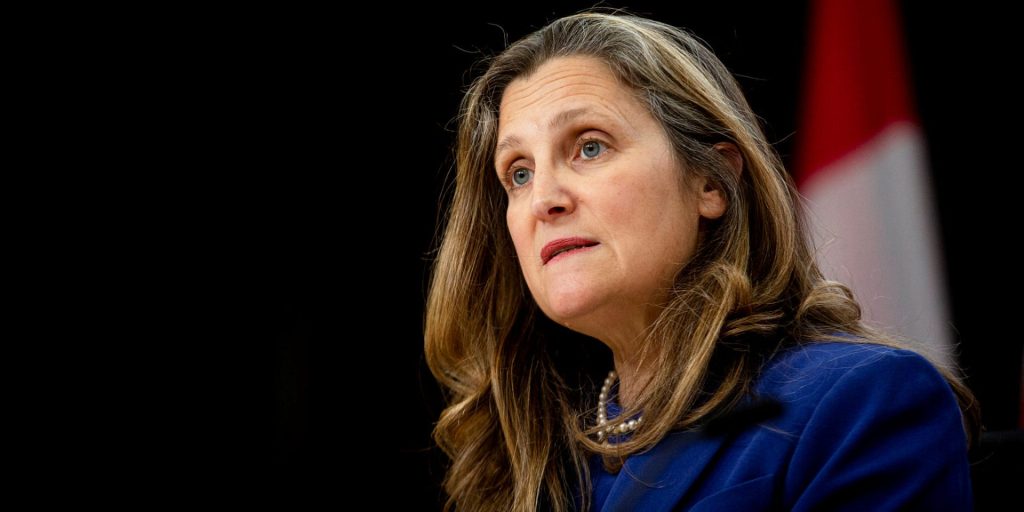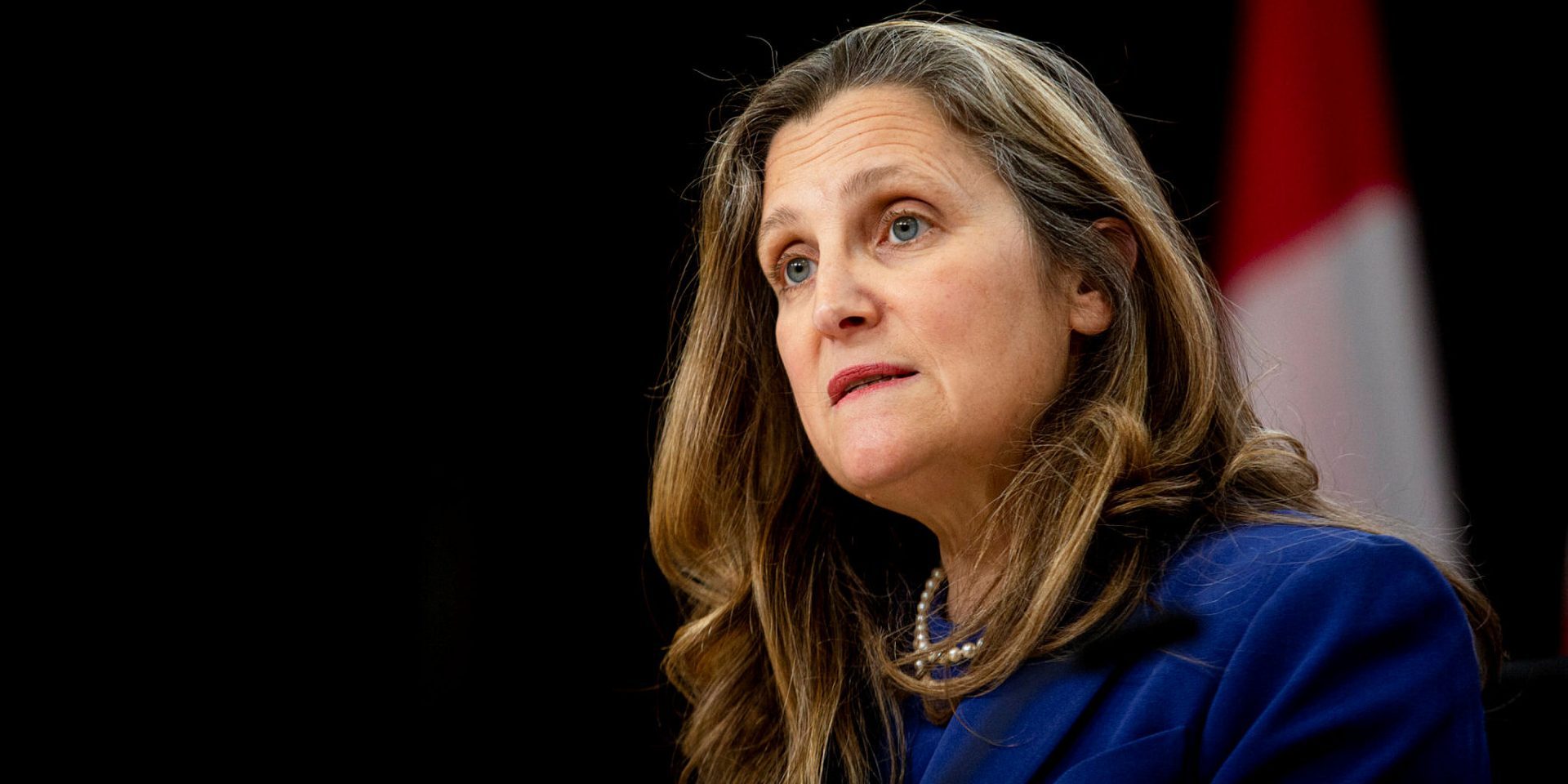Book Review
- Learning and understanding Canada’s political history is ‘part of being an informed and civic minded citizen,' says author and historian J.D.M. Stewart of his
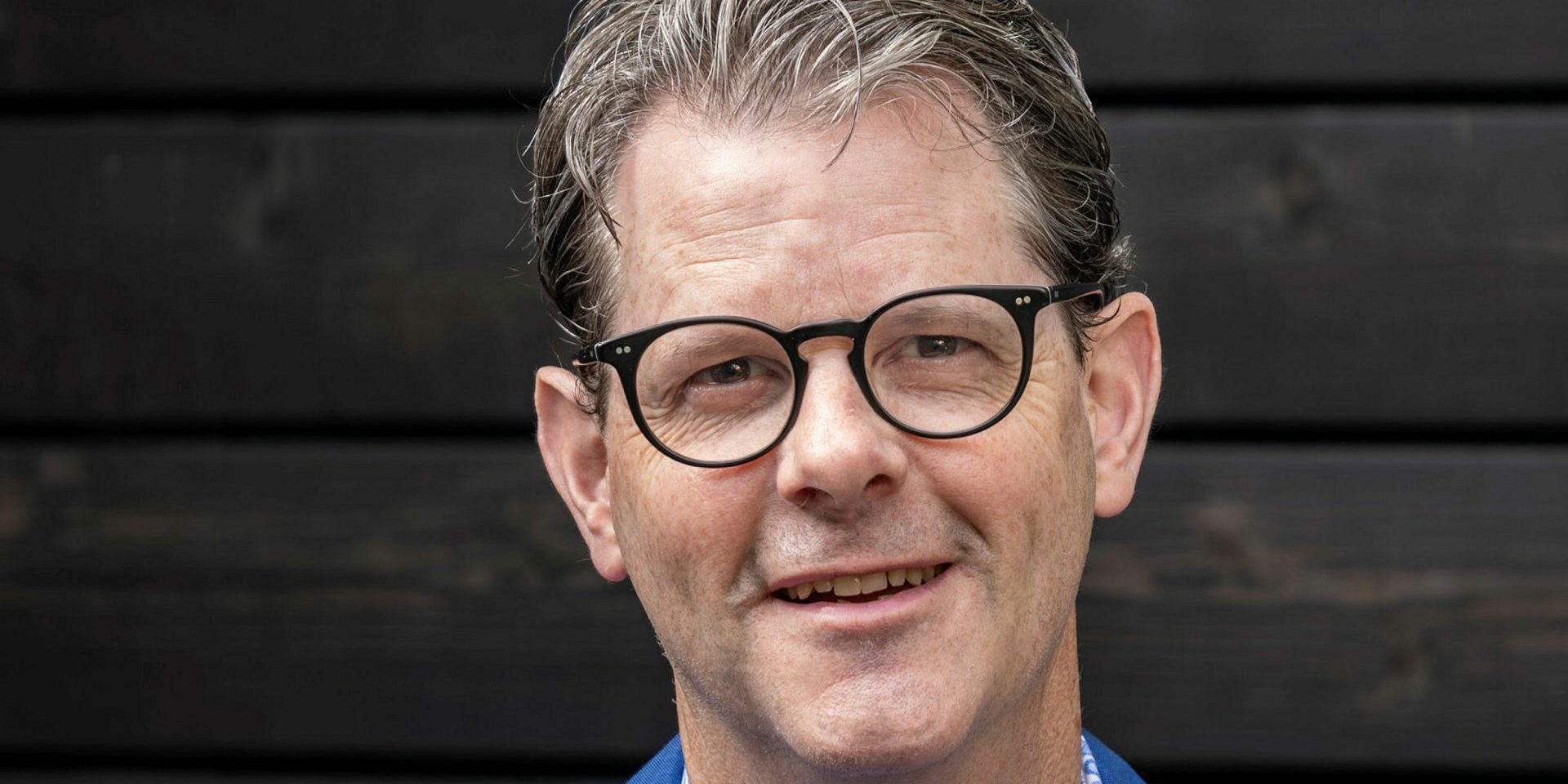
- Learning and understanding Canada’s political history is ‘part of being an informed and civic minded citizen,' says author and historian J.D.M. Stewart of his
- Learning and understanding Canada’s political history is ‘part of being an informed and civic minded citizen,' says author and historian J.D.M. Stewart of his

- In his book, 21 Things You Need to Know About Indigenous Self-Government, Bob Joseph breaks down many assumptions about the Indian Act and easily
- In his book, 21 Things You Need to Know About Indigenous Self-Government, Bob Joseph breaks down many assumptions about the Indian Act and easily
- In his book, 21 Things You Need to Know About Indigenous Self-Government, Bob Joseph breaks down many assumptions about the Indian Act and easily
- BBC News’ chief international correspondent Lyse Doucet’s book presents the stories of Afghans working in Kabul’s first luxury hotel throughout decades of war.

- BBC News’ chief international correspondent Lyse Doucet’s book presents the stories of Afghans working in Kabul’s first luxury hotel throughout decades of war.
- BBC News’ chief international correspondent Lyse Doucet’s book presents the stories of Afghans working in Kabul’s first luxury hotel throughout decades of war.

- This is a previously unseen view of Pierre Trudeau, one that is sure to alter your opinions of him. It is an unvarnished look
- This is a previously unseen view of Pierre Trudeau, one that is sure to alter your opinions of him. It is an unvarnished look
- This is a previously unseen view of Pierre Trudeau, one that is sure to alter your opinions of him. It is an unvarnished look
- 1. After Redress: Japanese Canadian and Indigenous Struggles for Justice, edited by Kirsten Emiko McAllister and Mona Oikawa, UBC Press, 302 pp., $34.95. 2. Against
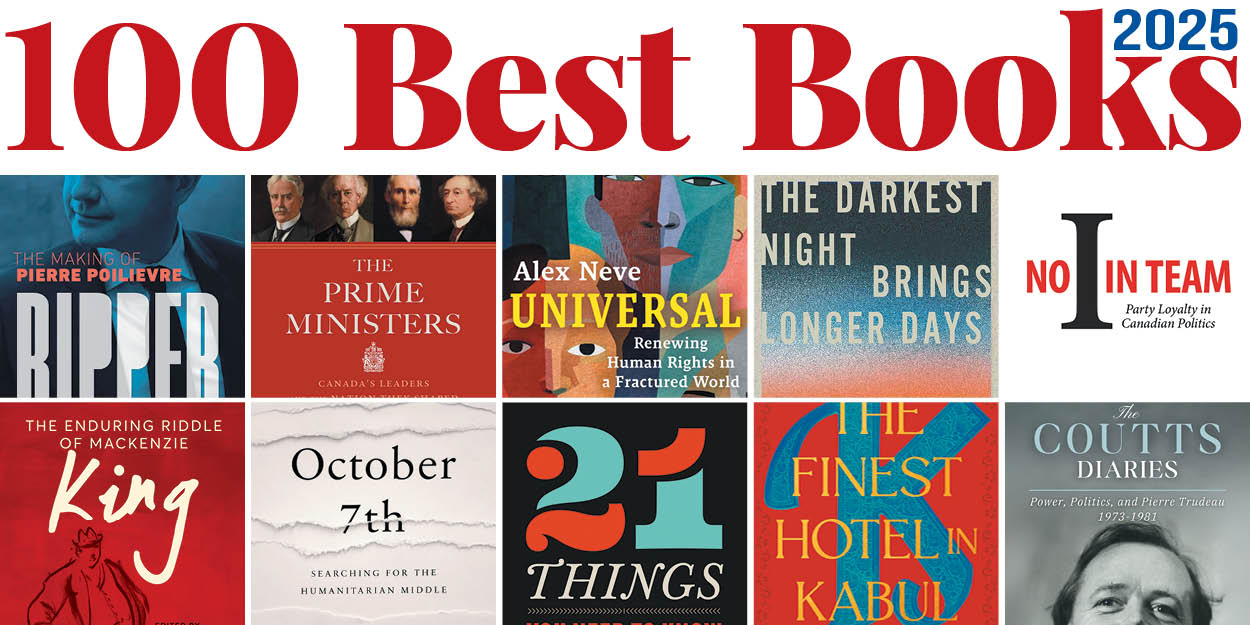
- 1. After Redress: Japanese Canadian and Indigenous Struggles for Justice, edited by Kirsten Emiko McAllister and Mona Oikawa, UBC Press, 302 pp., $34.95. 2. Against
- 1. After Redress: Japanese Canadian and Indigenous Struggles for Justice, edited by Kirsten Emiko McAllister and Mona Oikawa, UBC Press, 302 pp., $34.95. 2. Against

- Editor Patrice Dutil’s collection of essays in 'The Enduring Riddle of Mackenzie King' dives into the former prime minister's personality, relationship with society, and
- Editor Patrice Dutil’s collection of essays in 'The Enduring Riddle of Mackenzie King' dives into the former prime minister's personality, relationship with society, and
- Editor Patrice Dutil’s collection of essays in 'The Enduring Riddle of Mackenzie King' dives into the former prime minister's personality, relationship with society, and
- Andrew Coyne is right to raise his voice about the crisis of Canada. But the extinction-level political disaster he’s so worried about hasn’t happened
- Andrew Coyne is right to raise his voice about the crisis of Canada. But the extinction-level political disaster he’s so worried about hasn’t happened
- Andrew Coyne is right to raise his voice about the crisis of Canada. But the extinction-level political disaster he’s so worried about hasn’t happened
- In Universal: Renewing Human Rights in a Fractured World, Alex Neve looks into why we should be fighting to preserve our universal human rights.
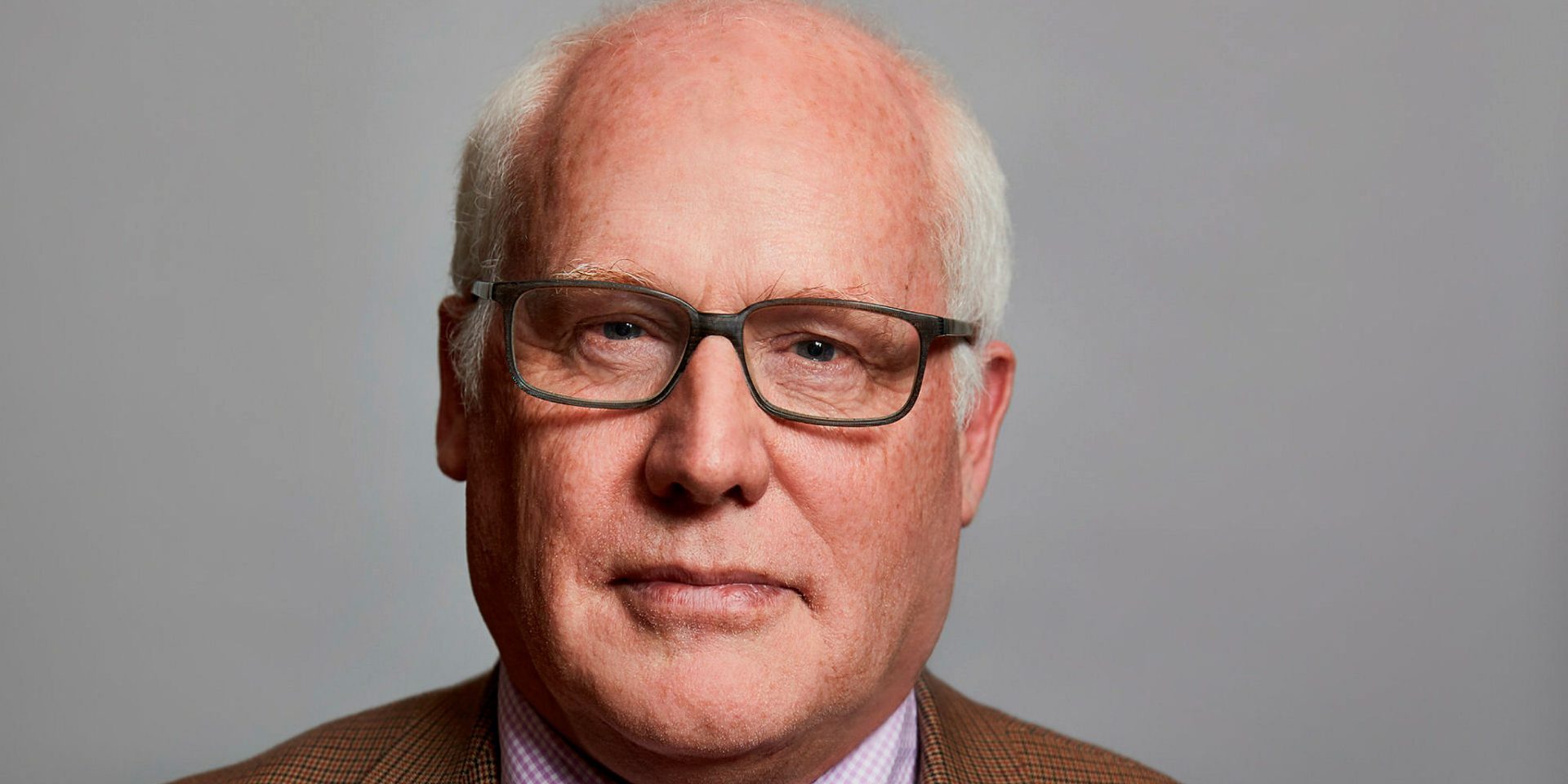
- In Universal: Renewing Human Rights in a Fractured World, Alex Neve looks into why we should be fighting to preserve our universal human rights.
- In Universal: Renewing Human Rights in a Fractured World, Alex Neve looks into why we should be fighting to preserve our universal human rights.
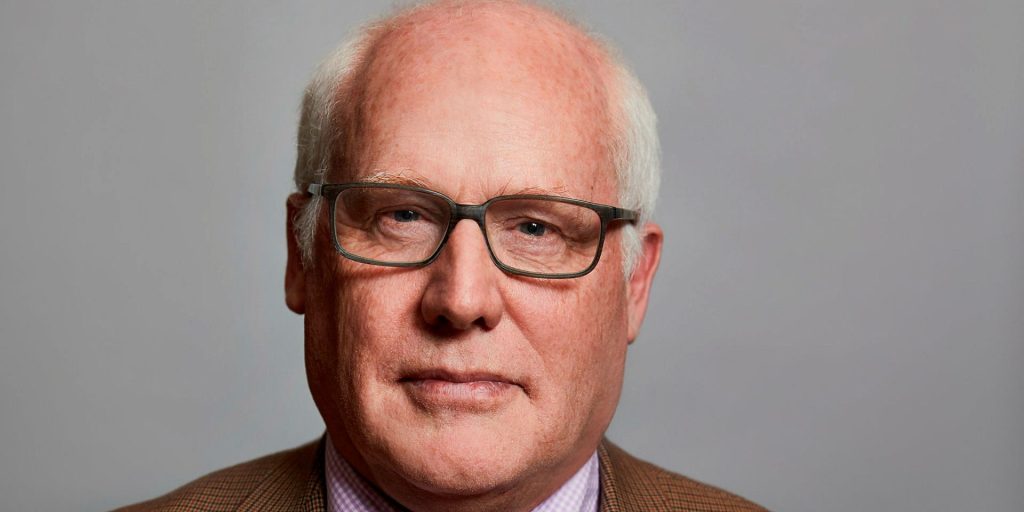
- Editors Stephen Azzi and Patrice Dutil—professors at Carleton University and Toronto Metropolitan University, respectively—have spent years studying and publishing about Canadian prime ministers. In Statecraft,
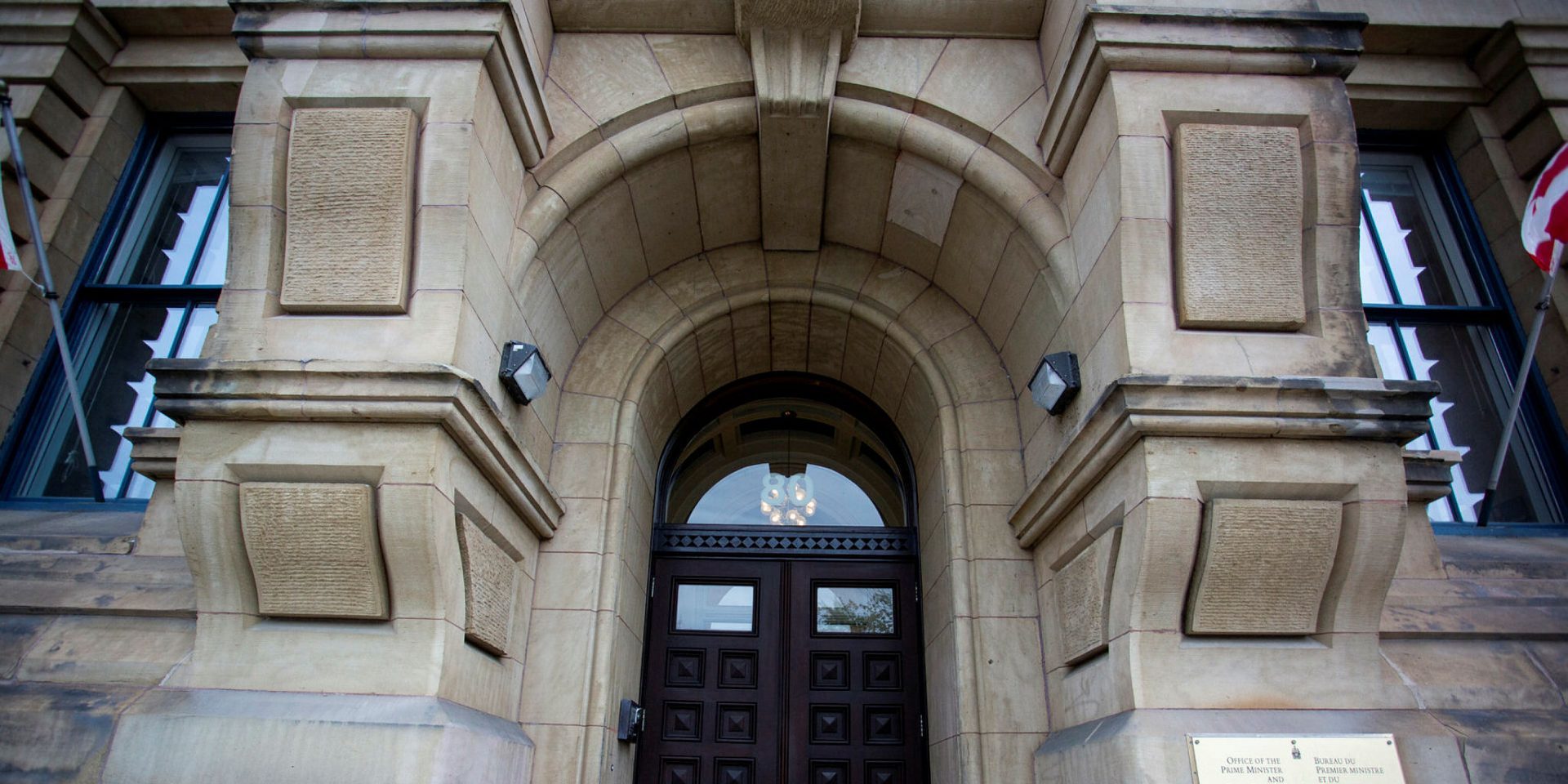
- Editors Stephen Azzi and Patrice Dutil—professors at Carleton University and Toronto Metropolitan University, respectively—have spent years studying and publishing about Canadian prime ministers. In Statecraft,
- Editors Stephen Azzi and Patrice Dutil—professors at Carleton University and Toronto Metropolitan University, respectively—have spent years studying and publishing about Canadian prime ministers. In Statecraft,
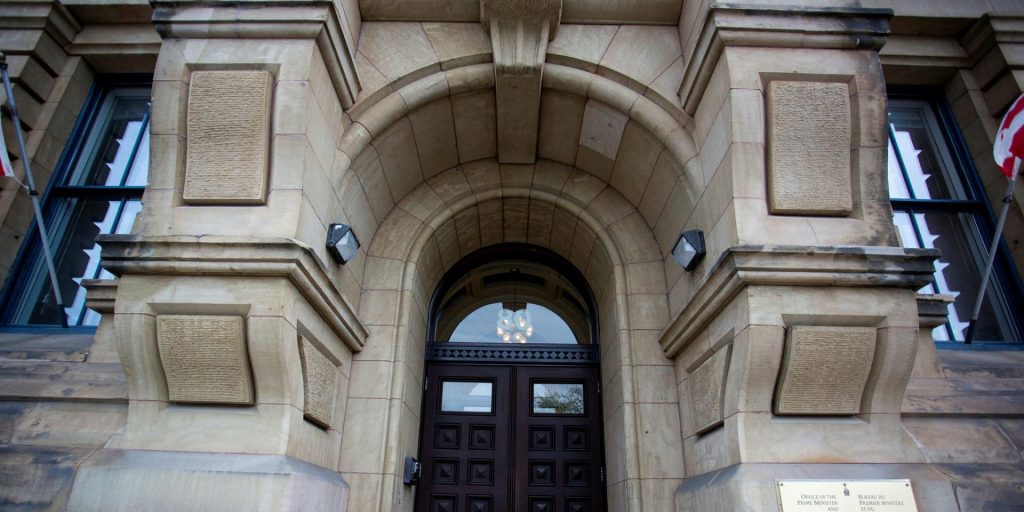
- Marsha Lederman’s October 7th is a book that comes out of the Hamas attacks on Israel and Israel’s military response, but it’s not an account of
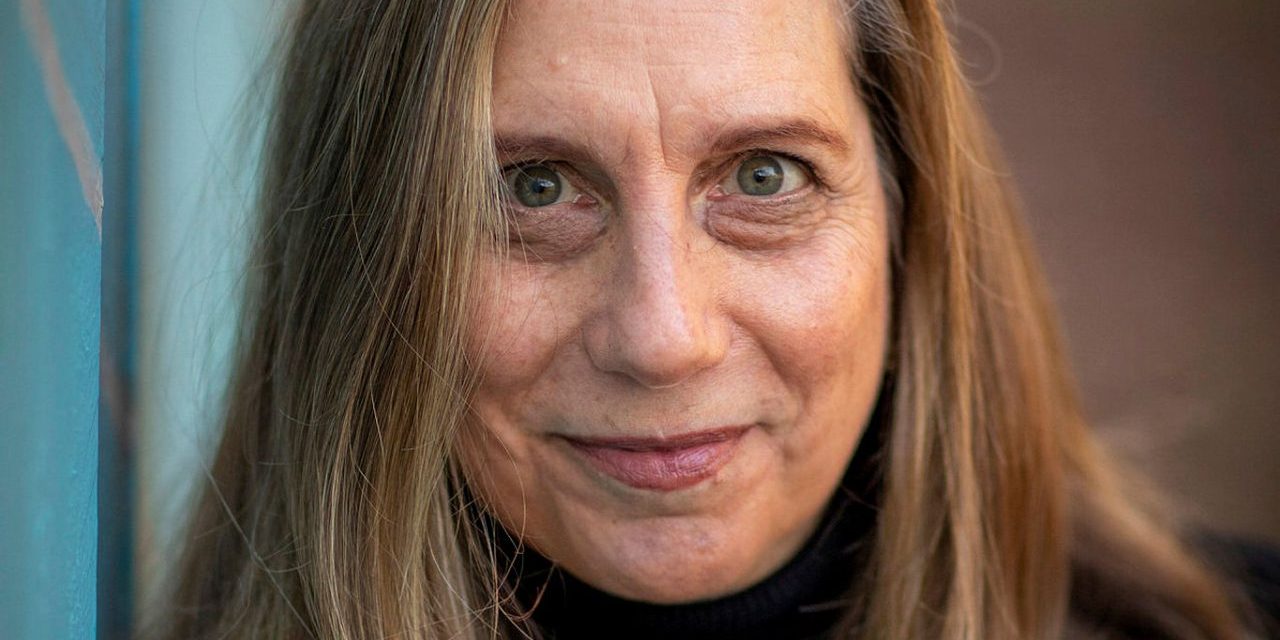
- Marsha Lederman’s October 7th is a book that comes out of the Hamas attacks on Israel and Israel’s military response, but it’s not an account of
- Marsha Lederman’s October 7th is a book that comes out of the Hamas attacks on Israel and Israel’s military response, but it’s not an account of

- 'If you have a purpose, then you become resilient. Then you want to fight for something. But if you don't have a purpose …
- 'If you have a purpose, then you become resilient. Then you want to fight for something. But if you don't have a purpose …
- 'If you have a purpose, then you become resilient. Then you want to fight for something. But if you don't have a purpose …
- The narratives of nation building have always been aspirational, and for a country that holds itself to be just and tolerant, Canada’s past and
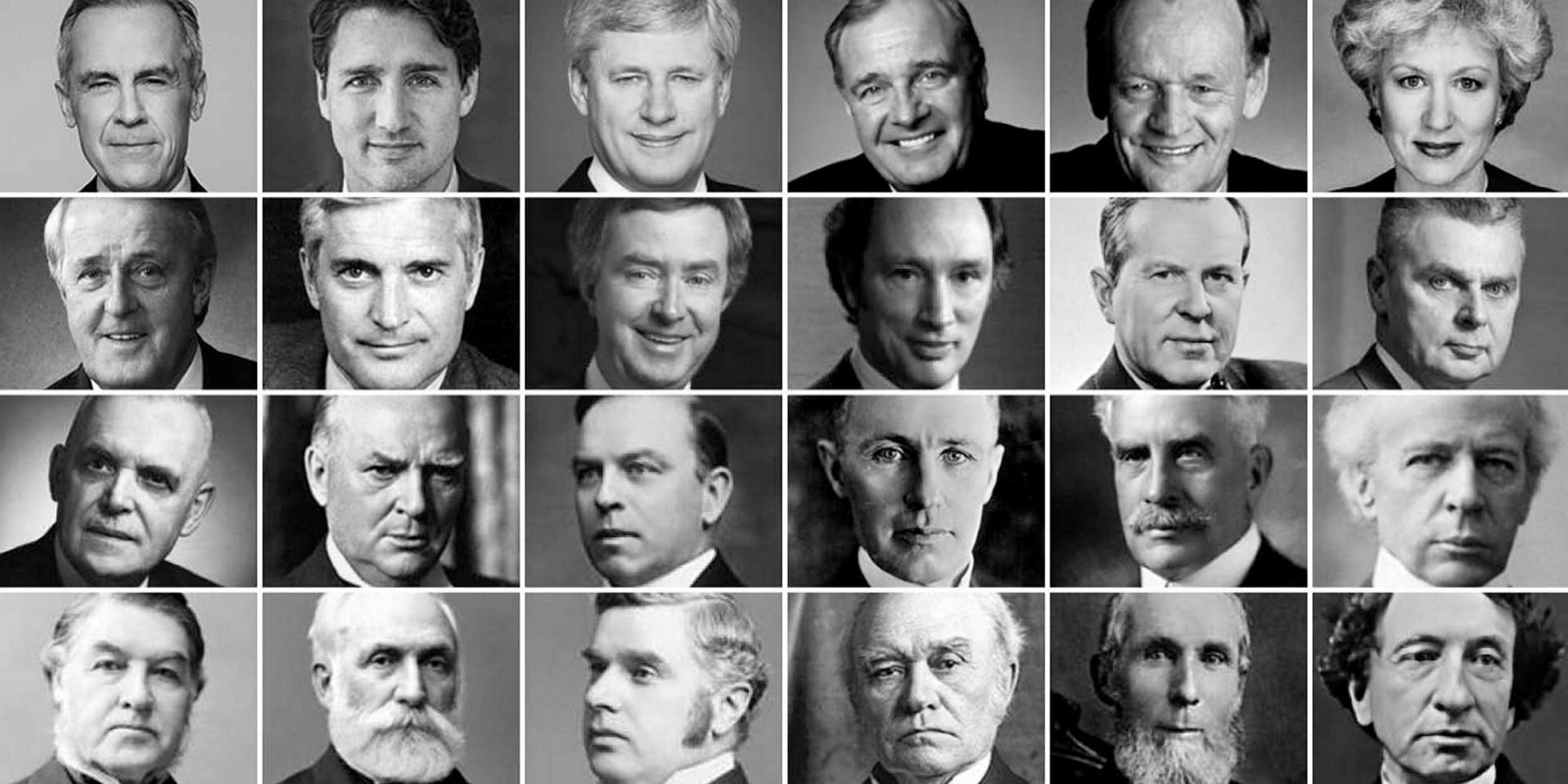
- The narratives of nation building have always been aspirational, and for a country that holds itself to be just and tolerant, Canada’s past and
- The narratives of nation building have always been aspirational, and for a country that holds itself to be just and tolerant, Canada’s past and

- The comedian reflects on his latest book’s inspiration, including Donald Trump, national identity, and the chaos of Canadian politics.
- The comedian reflects on his latest book’s inspiration, including Donald Trump, national identity, and the chaos of Canadian politics.
- The comedian reflects on his latest book’s inspiration, including Donald Trump, national identity, and the chaos of Canadian politics.
- Carla-Jean Stokes' book about William Ivor Castle's work tells the stories behind the famous photographer's First World War photos, including the ones he manipulated.
- Carla-Jean Stokes' book about William Ivor Castle's work tells the stories behind the famous photographer's First World War photos, including the ones he manipulated.
- Carla-Jean Stokes' book about William Ivor Castle's work tells the stories behind the famous photographer's First World War photos, including the ones he manipulated.
- In the new book No I in Team, political scientist Alex Marland and his co-authors unpack why party discipline has gone too far.
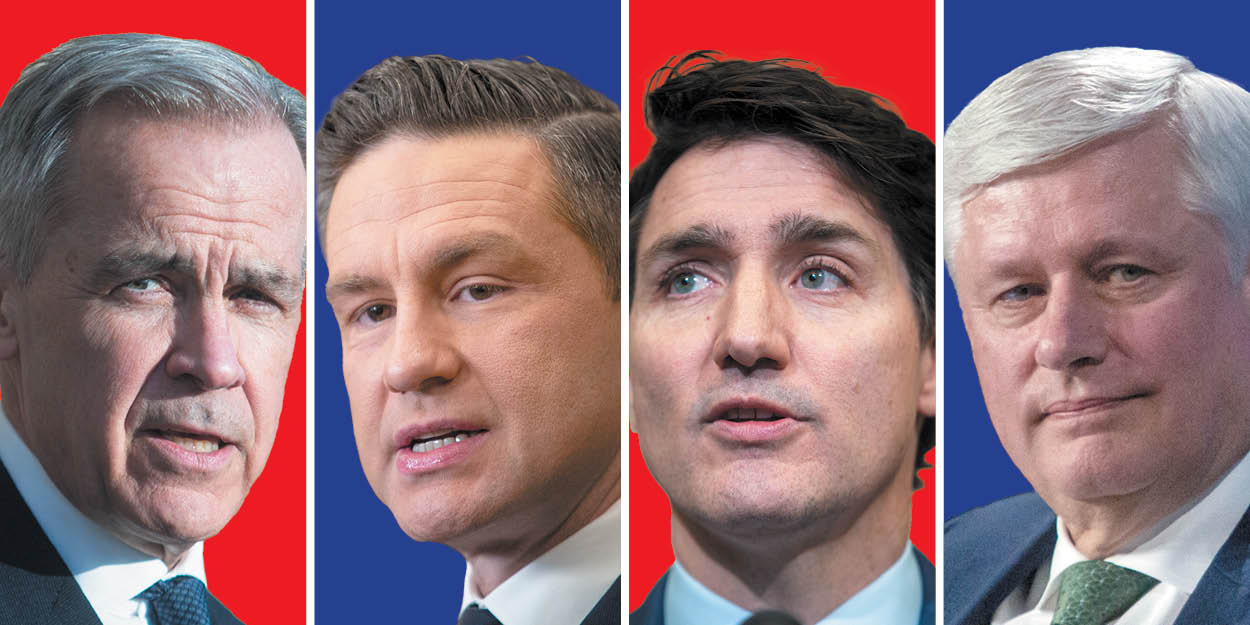
- In the new book No I in Team, political scientist Alex Marland and his co-authors unpack why party discipline has gone too far.
- In the new book No I in Team, political scientist Alex Marland and his co-authors unpack why party discipline has gone too far.

- The Canadian prime ministership is an impossible office, demanding that its occupant simultaneously pass three unforgiving tests: political, managerial, and collegial. Fail one and
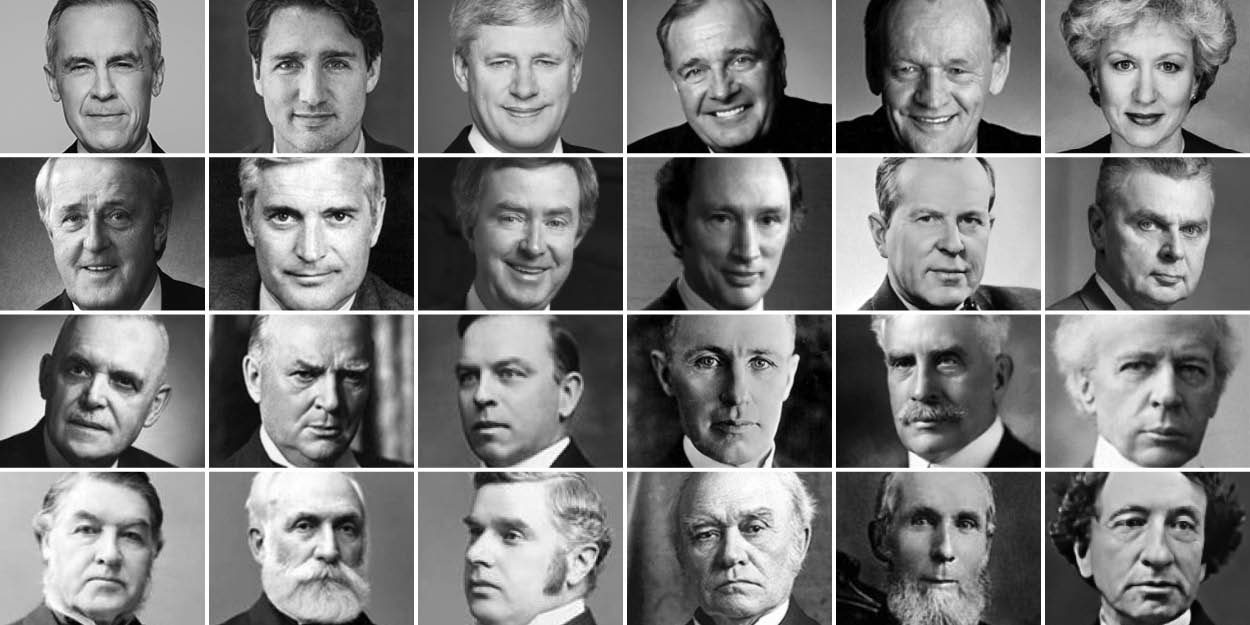
- The Canadian prime ministership is an impossible office, demanding that its occupant simultaneously pass three unforgiving tests: political, managerial, and collegial. Fail one and
- The Canadian prime ministership is an impossible office, demanding that its occupant simultaneously pass three unforgiving tests: political, managerial, and collegial. Fail one and
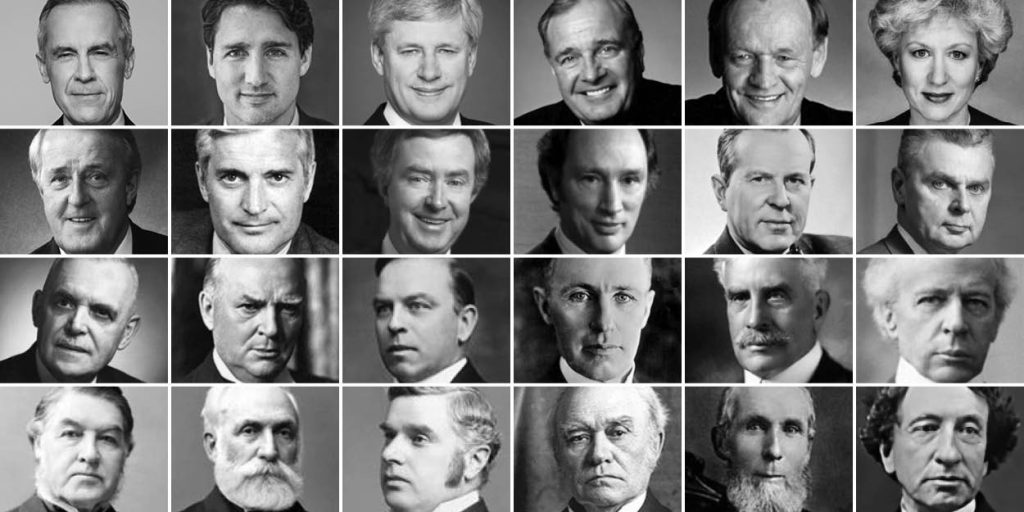
- Despite our county’s many strengths, our politics suffer from some formidable challenges. The national discourse has become more polarized, divisive, and nastier. Unfortunately, we
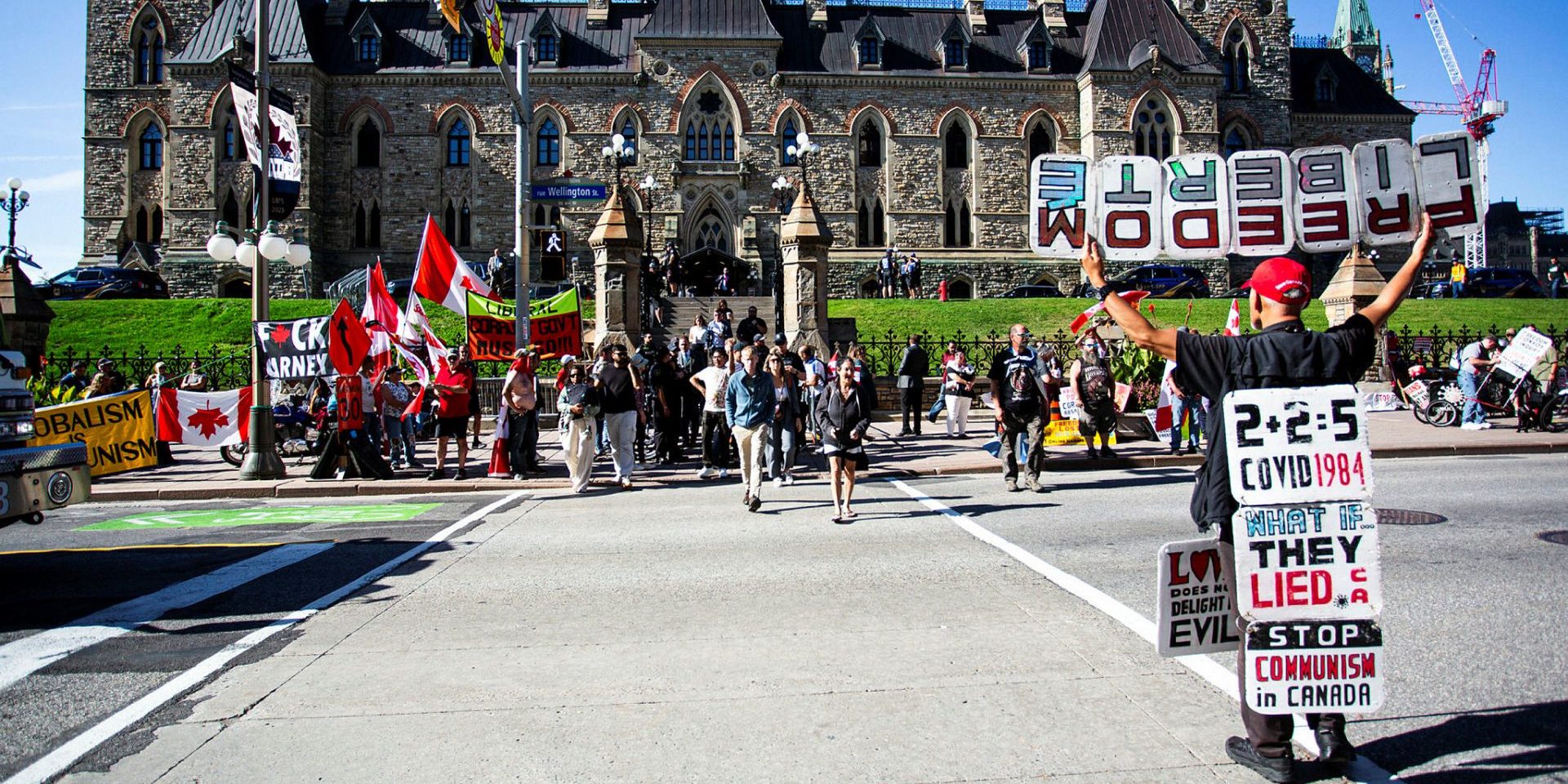
- Despite our county’s many strengths, our politics suffer from some formidable challenges. The national discourse has become more polarized, divisive, and nastier. Unfortunately, we
- Despite our county’s many strengths, our politics suffer from some formidable challenges. The national discourse has become more polarized, divisive, and nastier. Unfortunately, we

- The $25,000 prize will be handed out on Sept. 24 in Ottawa at the Politics and the Pen event, the annual fundraiser for the

- The $25,000 prize will be handed out on Sept. 24 in Ottawa at the Politics and the Pen event, the annual fundraiser for the
- The $25,000 prize will be handed out on Sept. 24 in Ottawa at the Politics and the Pen event, the annual fundraiser for the

- The reported absence of significant attacks will likely continue to fuel the belief in democratic policy circles that Finland is a shining example other
- The reported absence of significant attacks will likely continue to fuel the belief in democratic policy circles that Finland is a shining example other
- The reported absence of significant attacks will likely continue to fuel the belief in democratic policy circles that Finland is a shining example other
- Munir Sheikh shared his upcoming book's message and memories of working with now-Prime Minister Mark Carney as bureaucrats at Finance.
- Munir Sheikh shared his upcoming book's message and memories of working with now-Prime Minister Mark Carney as bureaucrats at Finance.
- Munir Sheikh shared his upcoming book's message and memories of working with now-Prime Minister Mark Carney as bureaucrats at Finance.
- Canada has pledged to meet the new NATO target of spending five per cent of GDP on defence.
- Canada has pledged to meet the new NATO target of spending five per cent of GDP on defence.
- Canada has pledged to meet the new NATO target of spending five per cent of GDP on defence.
- In his new book, The Crisis of Canadian Democracy, Andrew Coyne unpacks how parties choose their leaders, how the leaders control their MPs, and
- In his new book, The Crisis of Canadian Democracy, Andrew Coyne unpacks how parties choose their leaders, how the leaders control their MPs, and
- In his new book, The Crisis of Canadian Democracy, Andrew Coyne unpacks how parties choose their leaders, how the leaders control their MPs, and
- The following is an excerpt from Hard Lessons in Corporate Governance, by Bryce C. Tingle, shortlisted for this year's Donner Prize, one of the
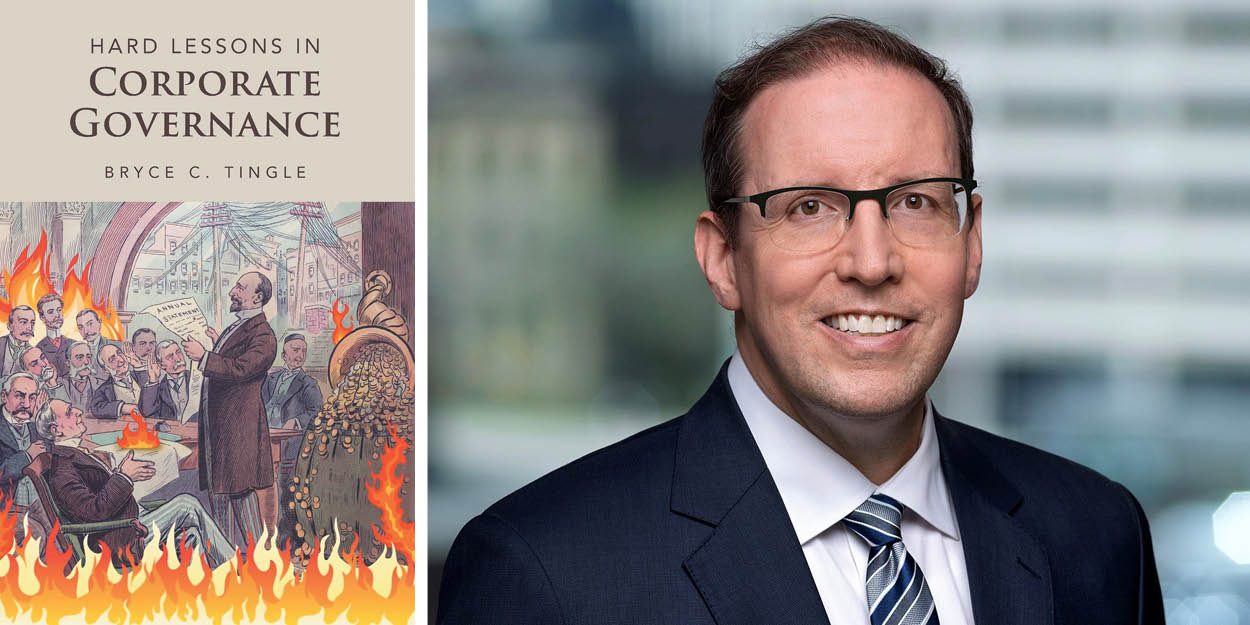
- The following is an excerpt from Hard Lessons in Corporate Governance, by Bryce C. Tingle, shortlisted for this year's Donner Prize, one of the
- The following is an excerpt from Hard Lessons in Corporate Governance, by Bryce C. Tingle, shortlisted for this year's Donner Prize, one of the
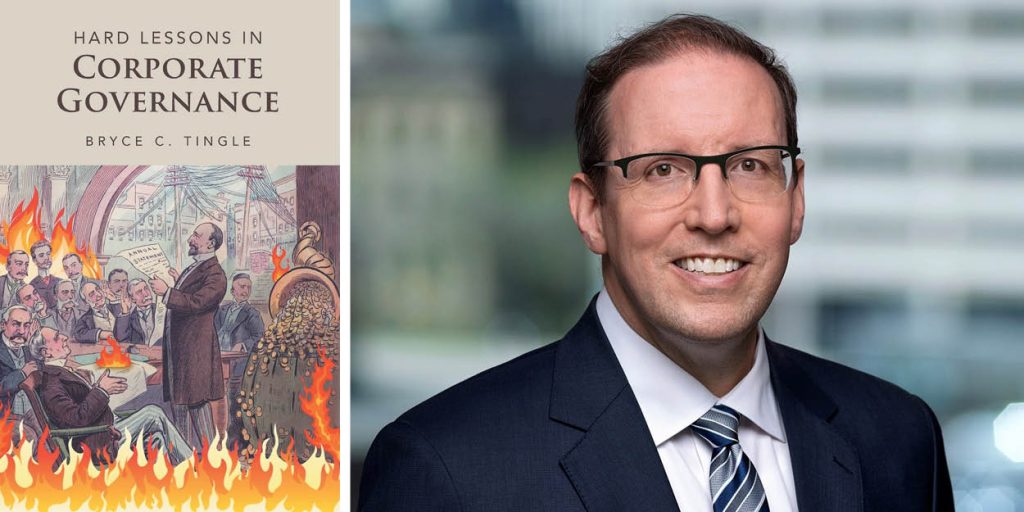
- The following is an excerpt from Seized by Uncertainty: The Markets, Media, and Special Interests That Shaped Canada's Response to COVID-19, which is one
- The following is an excerpt from Seized by Uncertainty: The Markets, Media, and Special Interests That Shaped Canada's Response to COVID-19, which is one
- The following is an excerpt from Seized by Uncertainty: The Markets, Media, and Special Interests That Shaped Canada's Response to COVID-19, which is one
- The following is an excerpt from Constraining the Court: Judicial Power in Policy Implementation in the Charter Era, one of five books shortlisted for
- The following is an excerpt from Constraining the Court: Judicial Power in Policy Implementation in the Charter Era, one of five books shortlisted for
- The following is an excerpt from Constraining the Court: Judicial Power in Policy Implementation in the Charter Era, one of five books shortlisted for
- The following is an excerpt from And Sometimes They Kill You: Confronting the Epidemic of Intimate Partner Violence, by Pamela Cross, nominated for this
- The following is an excerpt from And Sometimes They Kill You: Confronting the Epidemic of Intimate Partner Violence, by Pamela Cross, nominated for this
- The following is an excerpt from And Sometimes They Kill You: Confronting the Epidemic of Intimate Partner Violence, by Pamela Cross, nominated for this
- Mark Bourrie says Ripper: The Making of Pierre Poilievre is as much about the failings of modern political parties and the Canadian media as
- Mark Bourrie says Ripper: The Making of Pierre Poilievre is as much about the failings of modern political parties and the Canadian media as
- Mark Bourrie says Ripper: The Making of Pierre Poilievre is as much about the failings of modern political parties and the Canadian media as
- The following is an excerpt from Michael M. Atkinson and Haizen Mou's, Fiscal Choices: Canada After the Pandemic, one of the five finalists for
- The following is an excerpt from Michael M. Atkinson and Haizen Mou's, Fiscal Choices: Canada After the Pandemic, one of the five finalists for
- The following is an excerpt from Michael M. Atkinson and Haizen Mou's, Fiscal Choices: Canada After the Pandemic, one of the five finalists for
- Rose LeMay says it's 'up to non-Indigenous people to change these systems so that Indigenous Peoples are not treated worse than others.'
- Rose LeMay says it's 'up to non-Indigenous people to change these systems so that Indigenous Peoples are not treated worse than others.'
- Rose LeMay says it's 'up to non-Indigenous people to change these systems so that Indigenous Peoples are not treated worse than others.'
- Mark Bourrie sets out to tell Pierre Poilievre’s story from the beginning, and shows not only his origins and how they shaped the man
- Mark Bourrie sets out to tell Pierre Poilievre’s story from the beginning, and shows not only his origins and how they shaped the man
- Mark Bourrie sets out to tell Pierre Poilievre’s story from the beginning, and shows not only his origins and how they shaped the man
- Alasdair Roberts, author of The Adaptable Country: How Canada Can Survive the Twenty-First Century, offers advice on how Canada can get through the Trump
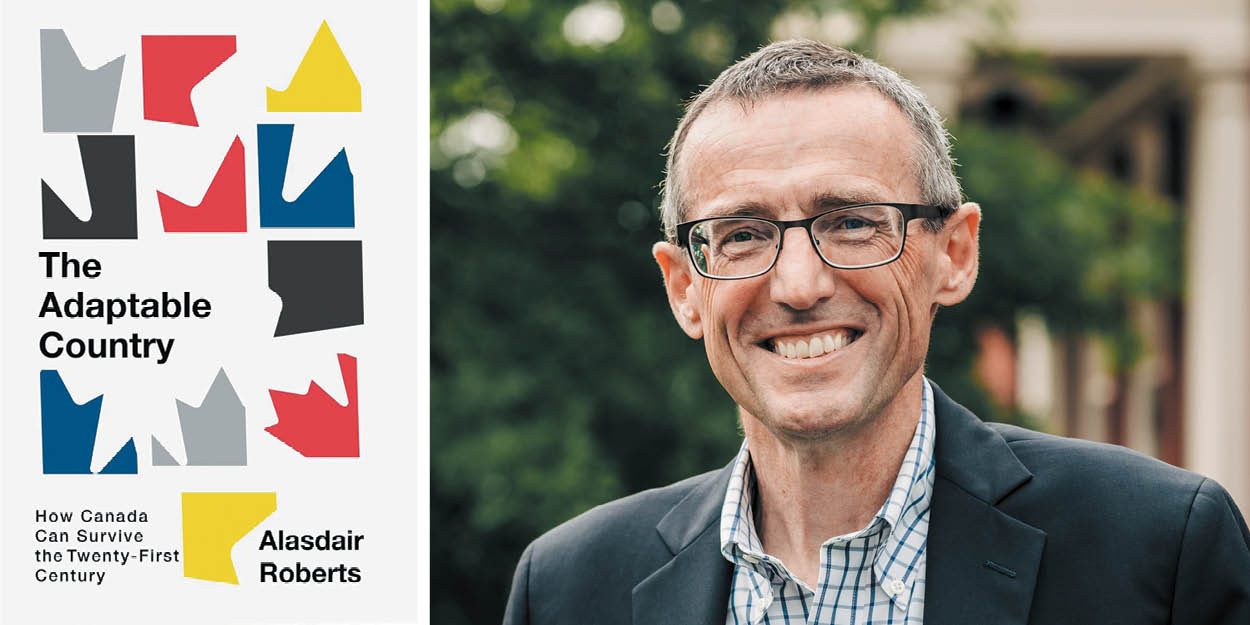
- Alasdair Roberts, author of The Adaptable Country: How Canada Can Survive the Twenty-First Century, offers advice on how Canada can get through the Trump
- Alasdair Roberts, author of The Adaptable Country: How Canada Can Survive the Twenty-First Century, offers advice on how Canada can get through the Trump
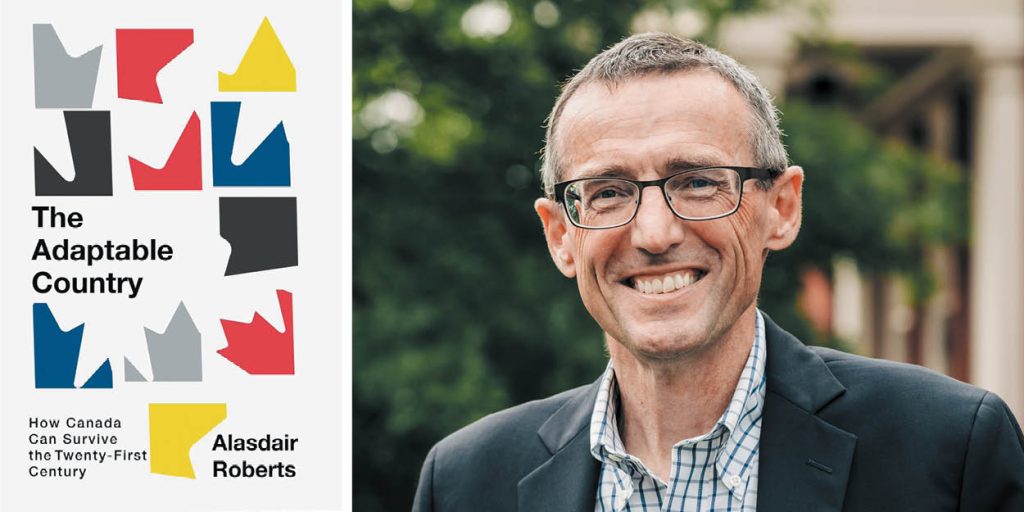
- Ken McGoogan’s Shadows of Tyranny is a calm work born of panic, written before Trump was re-elected. If you’ve ever wondered how you would have behaved
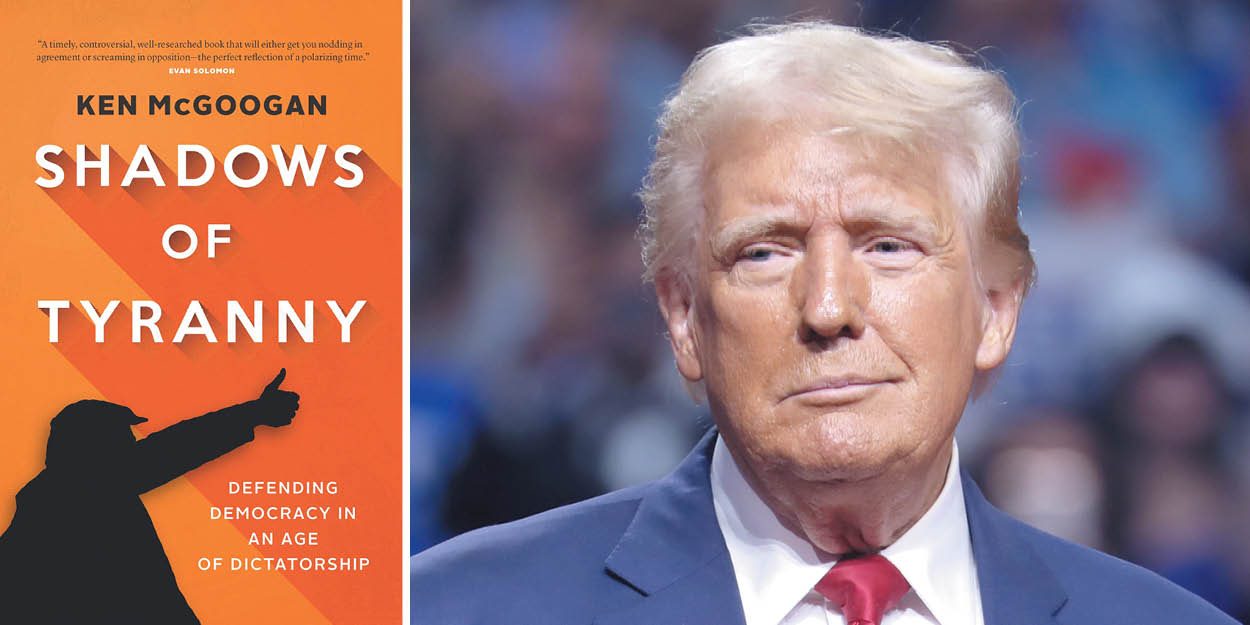
- Ken McGoogan’s Shadows of Tyranny is a calm work born of panic, written before Trump was re-elected. If you’ve ever wondered how you would have behaved
- Ken McGoogan’s Shadows of Tyranny is a calm work born of panic, written before Trump was re-elected. If you’ve ever wondered how you would have behaved
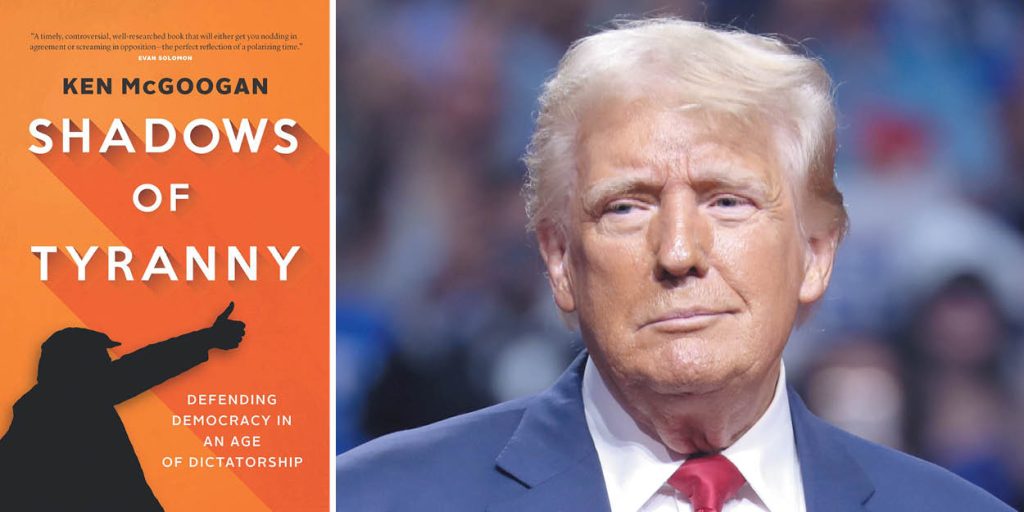
- Chrystia is an origin story. Author Catherine Tsalikis presents Freeland’s past to assist readers with understanding her present and speculating on her future.
- Chrystia is an origin story. Author Catherine Tsalikis presents Freeland’s past to assist readers with understanding her present and speculating on her future.
- Chrystia is an origin story. Author Catherine Tsalikis presents Freeland’s past to assist readers with understanding her present and speculating on her future.
- Blair’s On Leadership is not a tell-all rehash of old political battles. No scores are settled or secrets spilled. Instead, he offers his insights
- Blair’s On Leadership is not a tell-all rehash of old political battles. No scores are settled or secrets spilled. Instead, he offers his insights
- Blair’s On Leadership is not a tell-all rehash of old political battles. No scores are settled or secrets spilled. Instead, he offers his insights
- Catherine Tsalikis spent four years researching Chrystia Freeland's life. She tells The Hill Times that she sees two constants in the former deputy prime
- Catherine Tsalikis spent four years researching Chrystia Freeland's life. She tells The Hill Times that she sees two constants in the former deputy prime
- Catherine Tsalikis spent four years researching Chrystia Freeland's life. She tells The Hill Times that she sees two constants in the former deputy prime
- 2. A Most Extraordinary Ride: Space, Politics, and the Pursuit of a Canadian Dream, by Marc Garneau, Signal/McClelland & Stewart, Penguin Random House Canada,
- 2. A Most Extraordinary Ride: Space, Politics, and the Pursuit of a Canadian Dream, by Marc Garneau, Signal/McClelland & Stewart, Penguin Random House Canada,
- 2. A Most Extraordinary Ride: Space, Politics, and the Pursuit of a Canadian Dream, by Marc Garneau, Signal/McClelland & Stewart, Penguin Random House Canada,
- Author and journalist Carol Off pulls no punches in describing the great strain democracy and the dissemination of factual reality are currently under, as
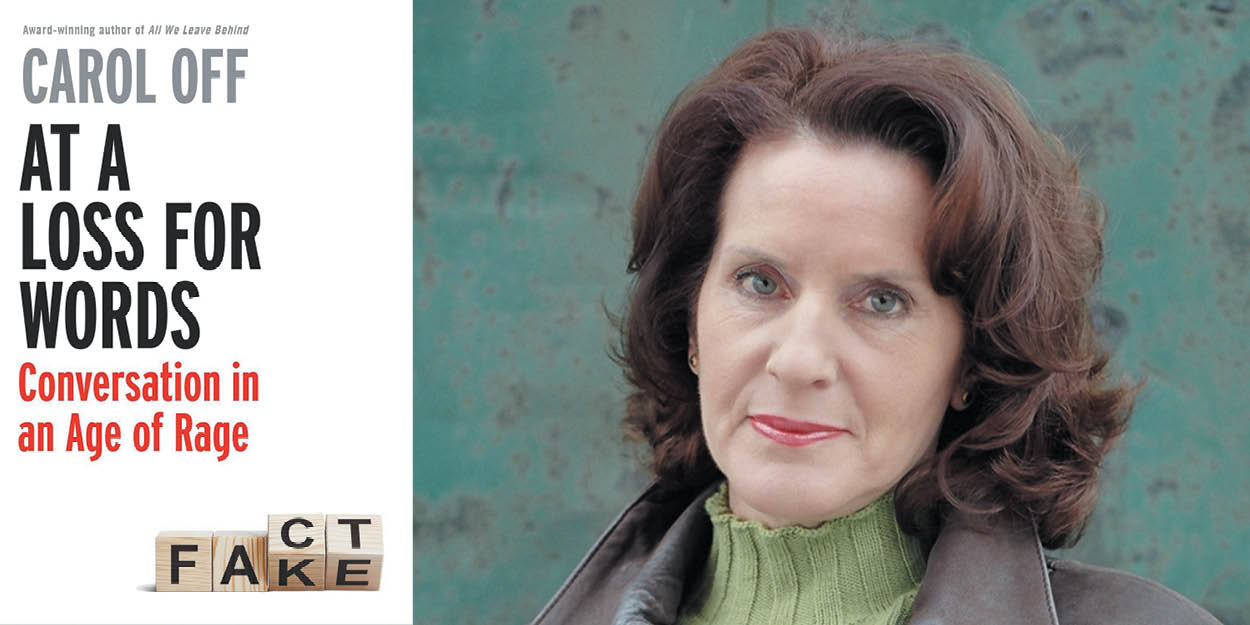
- Author and journalist Carol Off pulls no punches in describing the great strain democracy and the dissemination of factual reality are currently under, as
- Author and journalist Carol Off pulls no punches in describing the great strain democracy and the dissemination of factual reality are currently under, as
